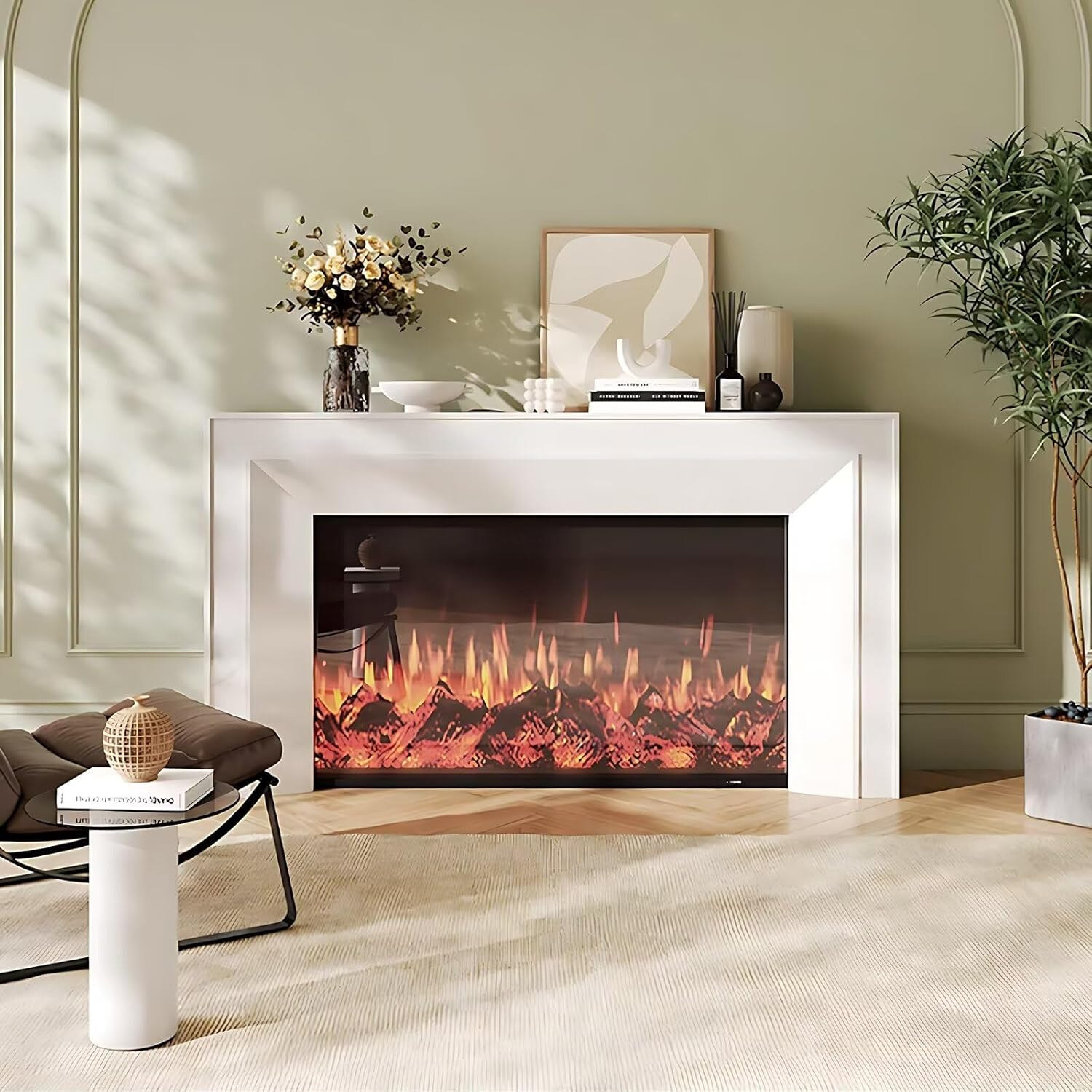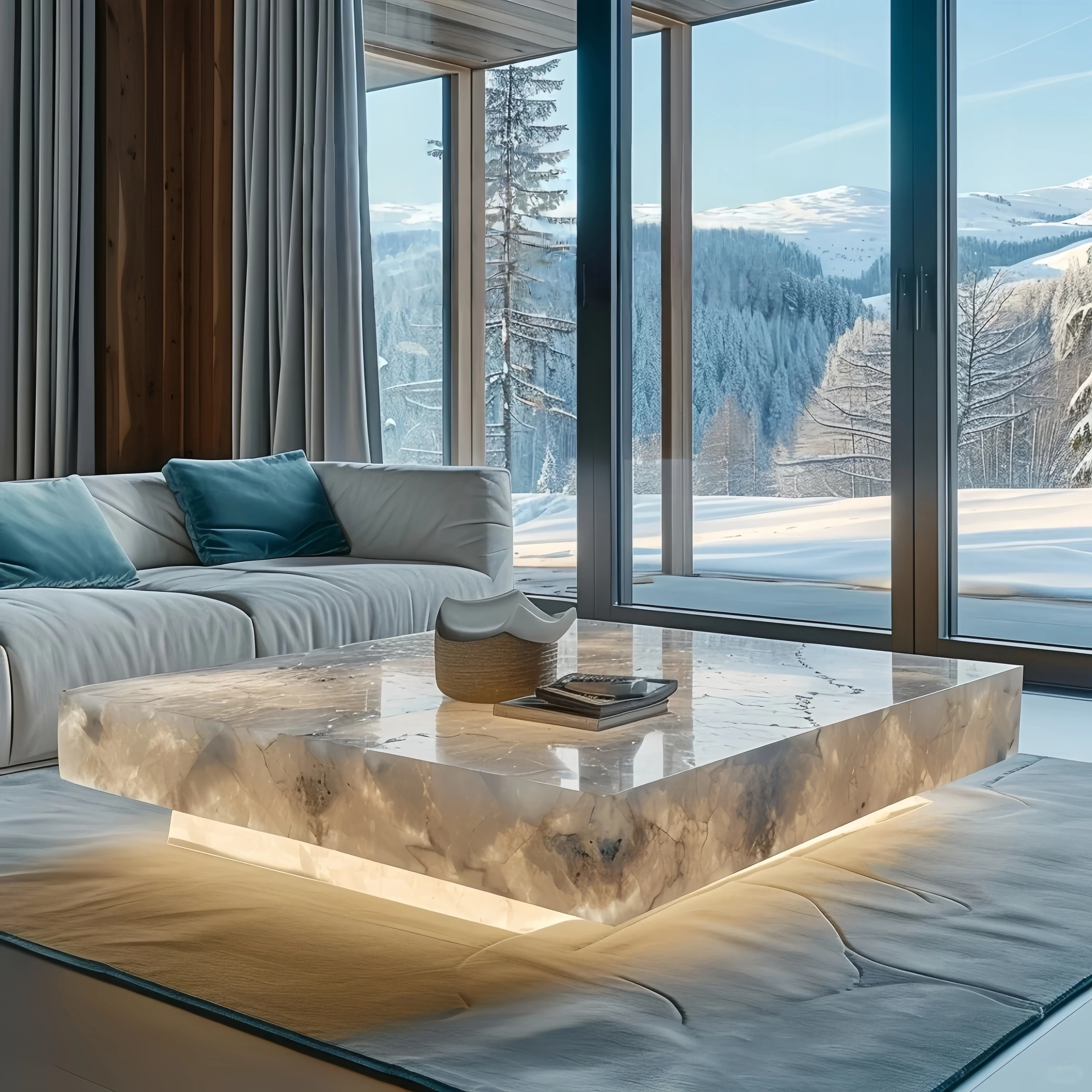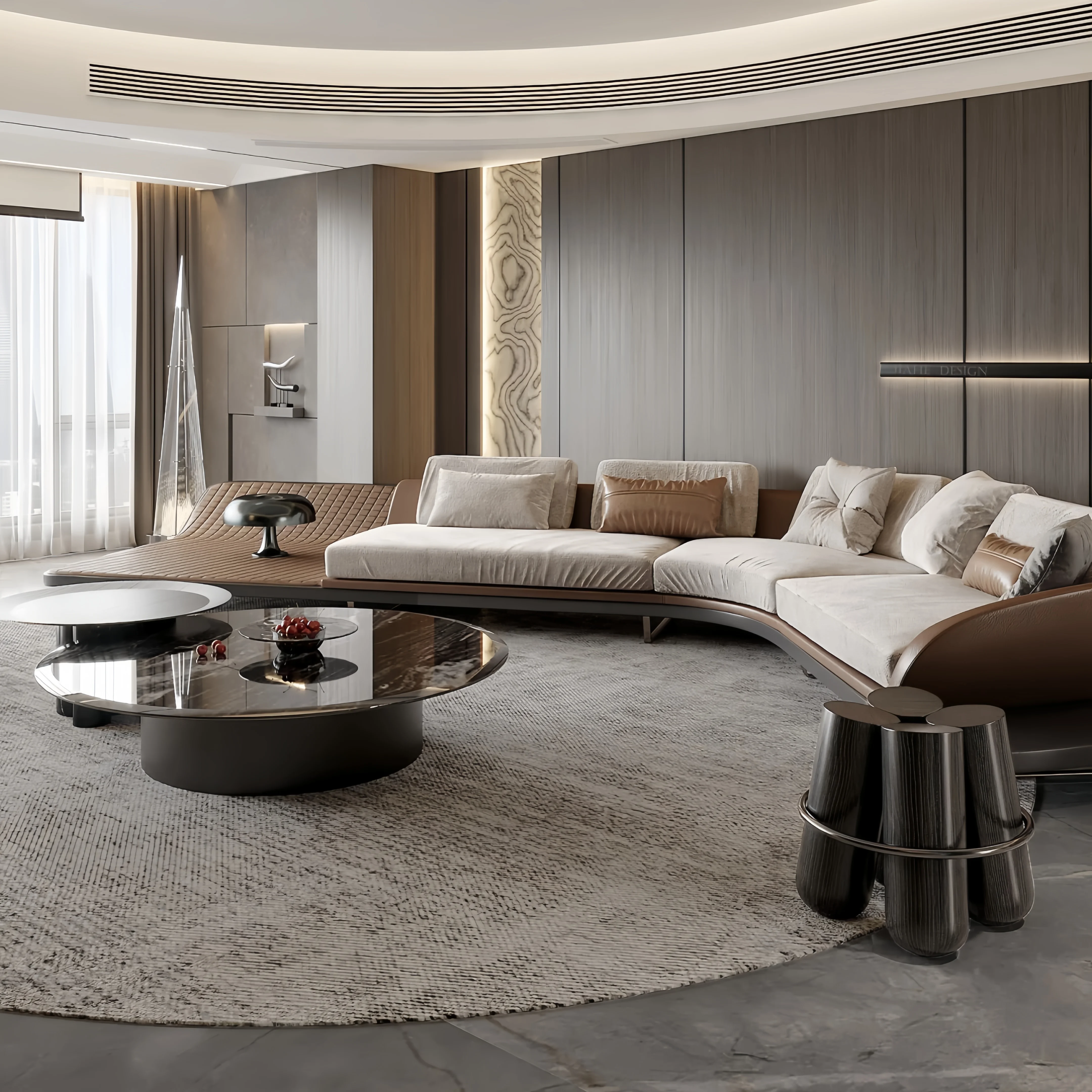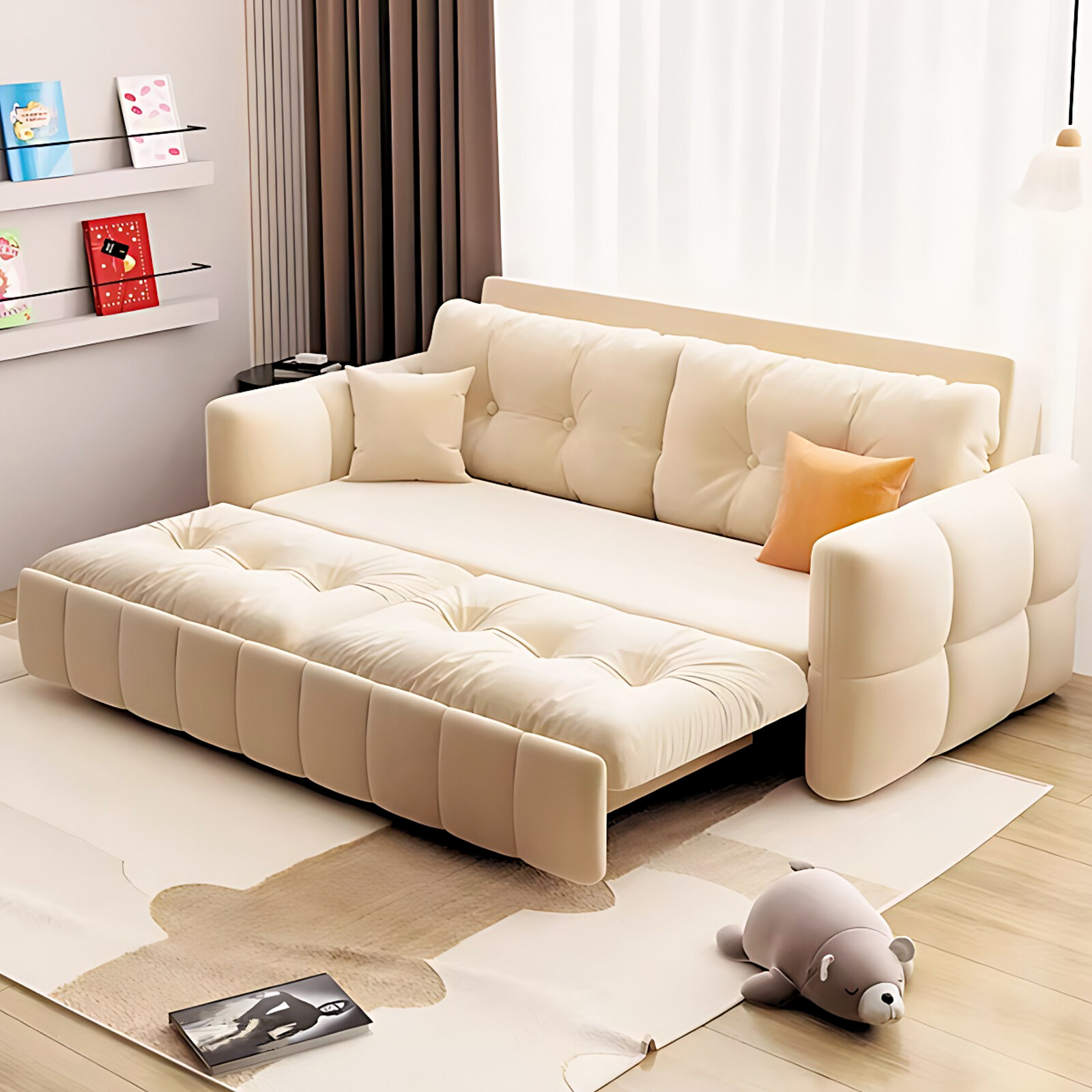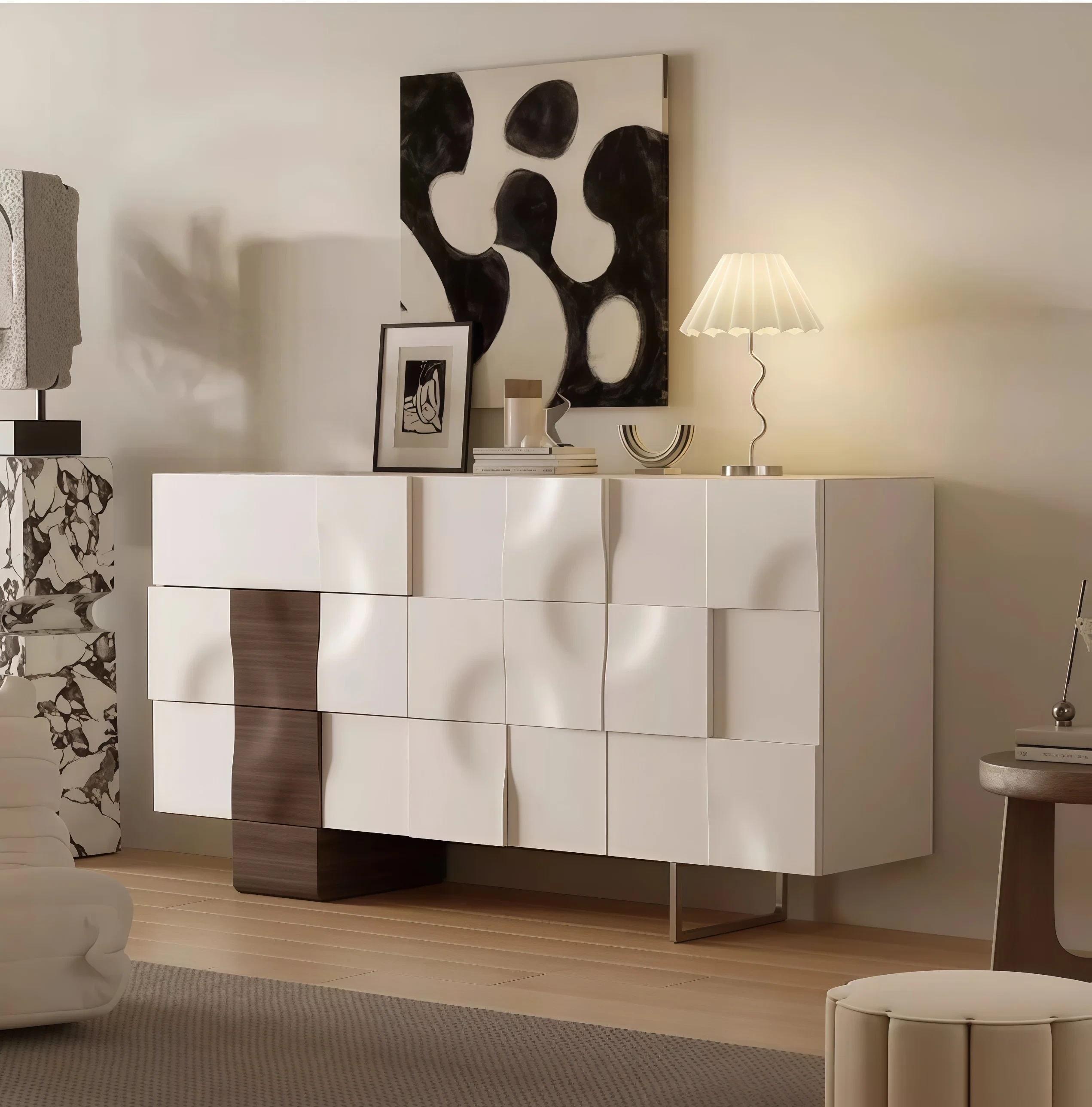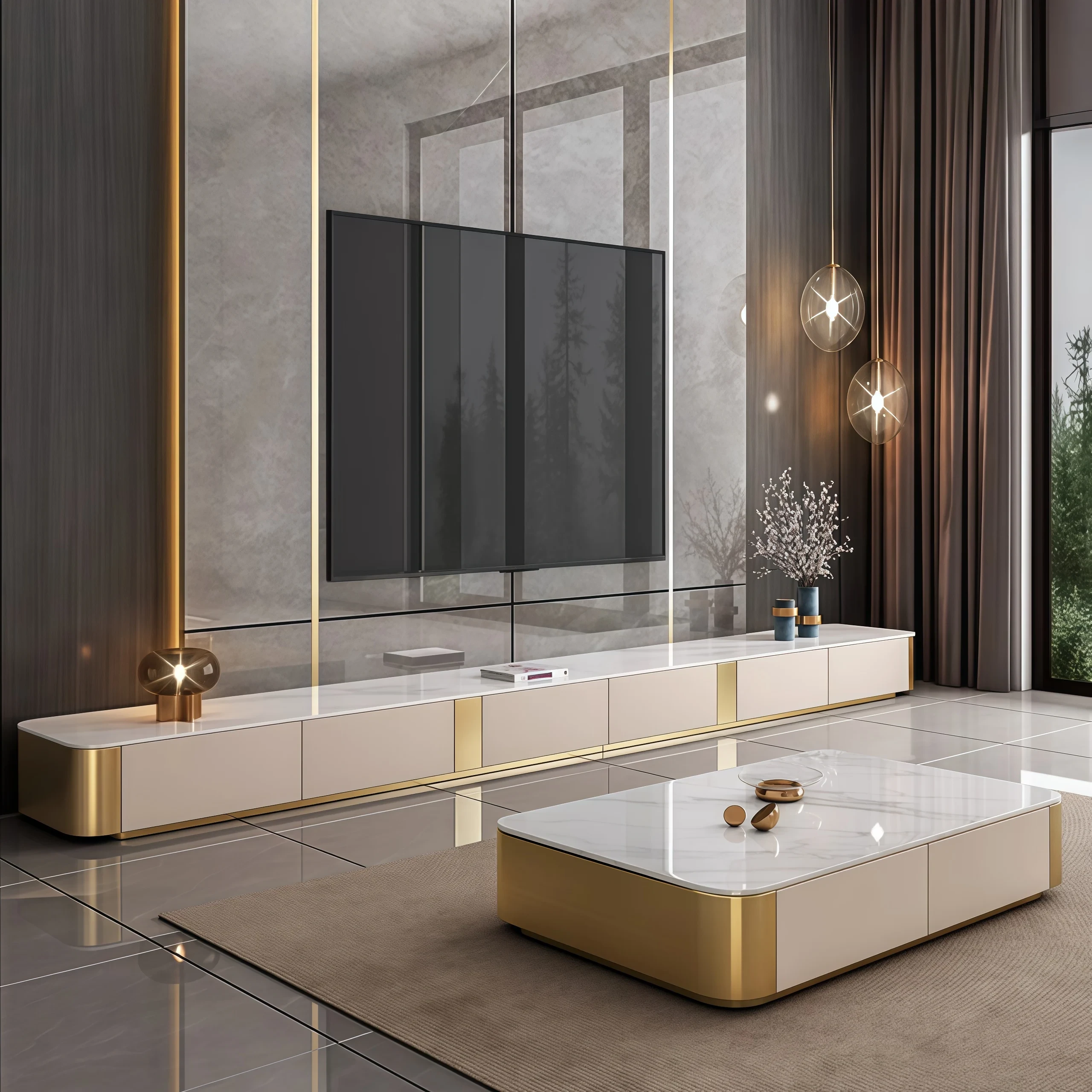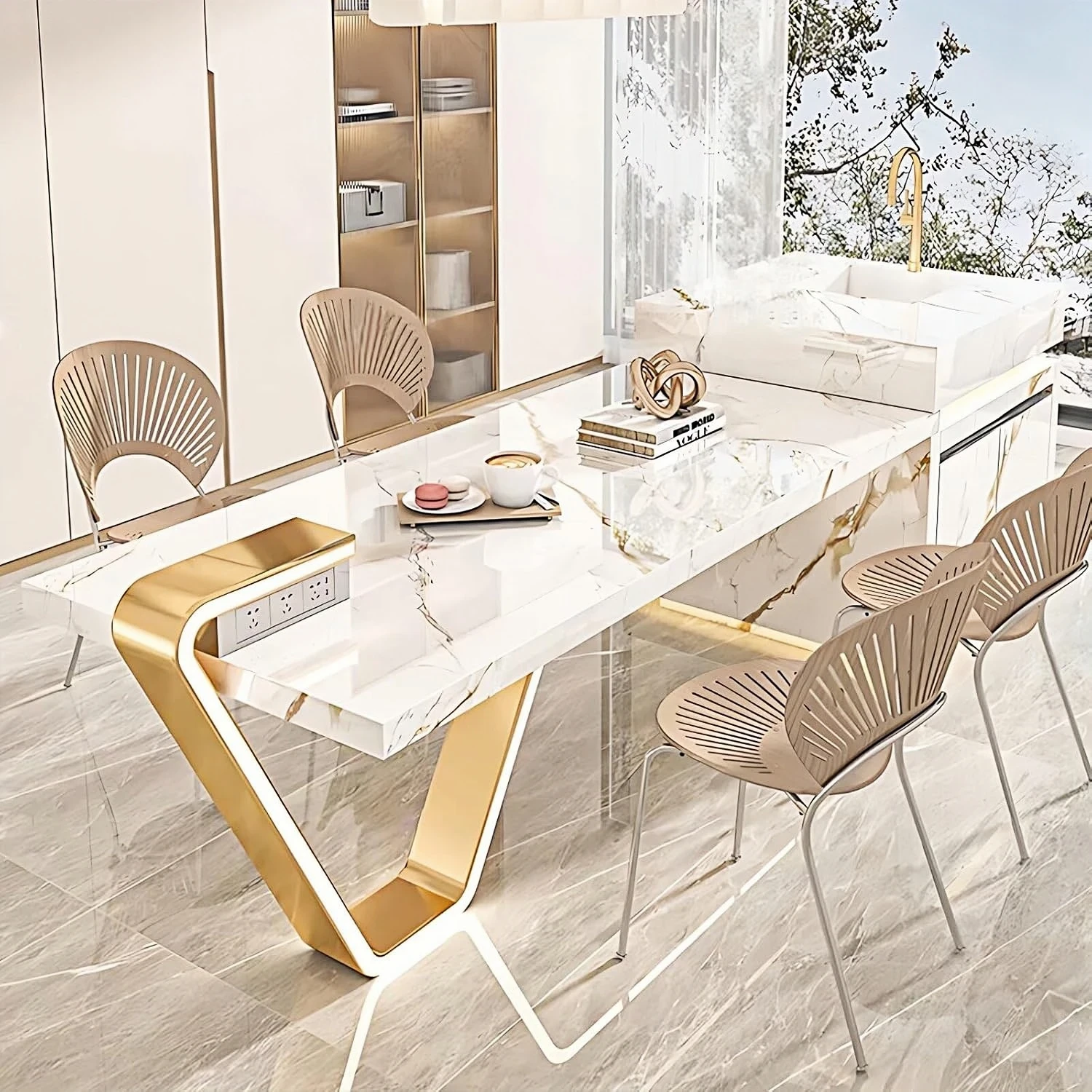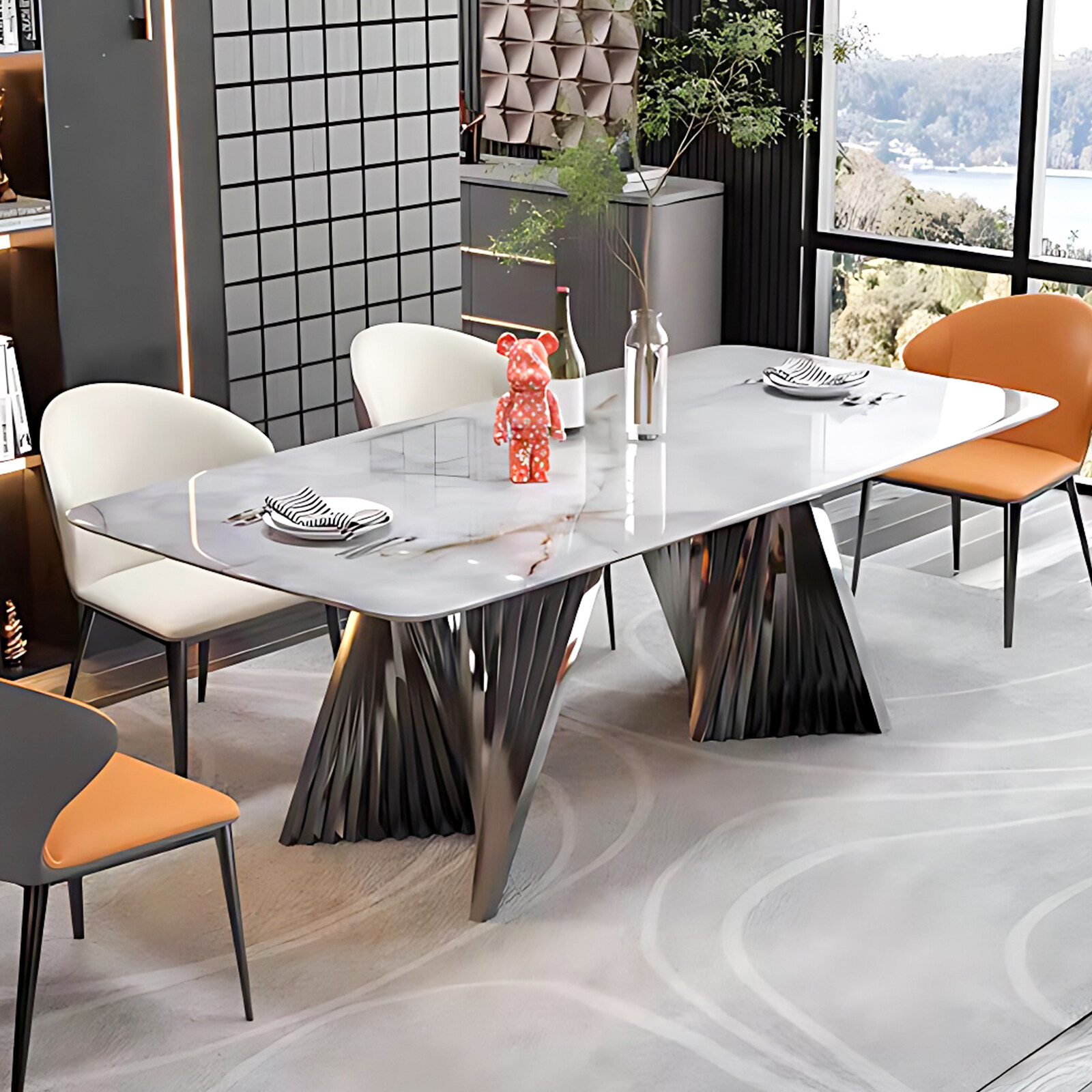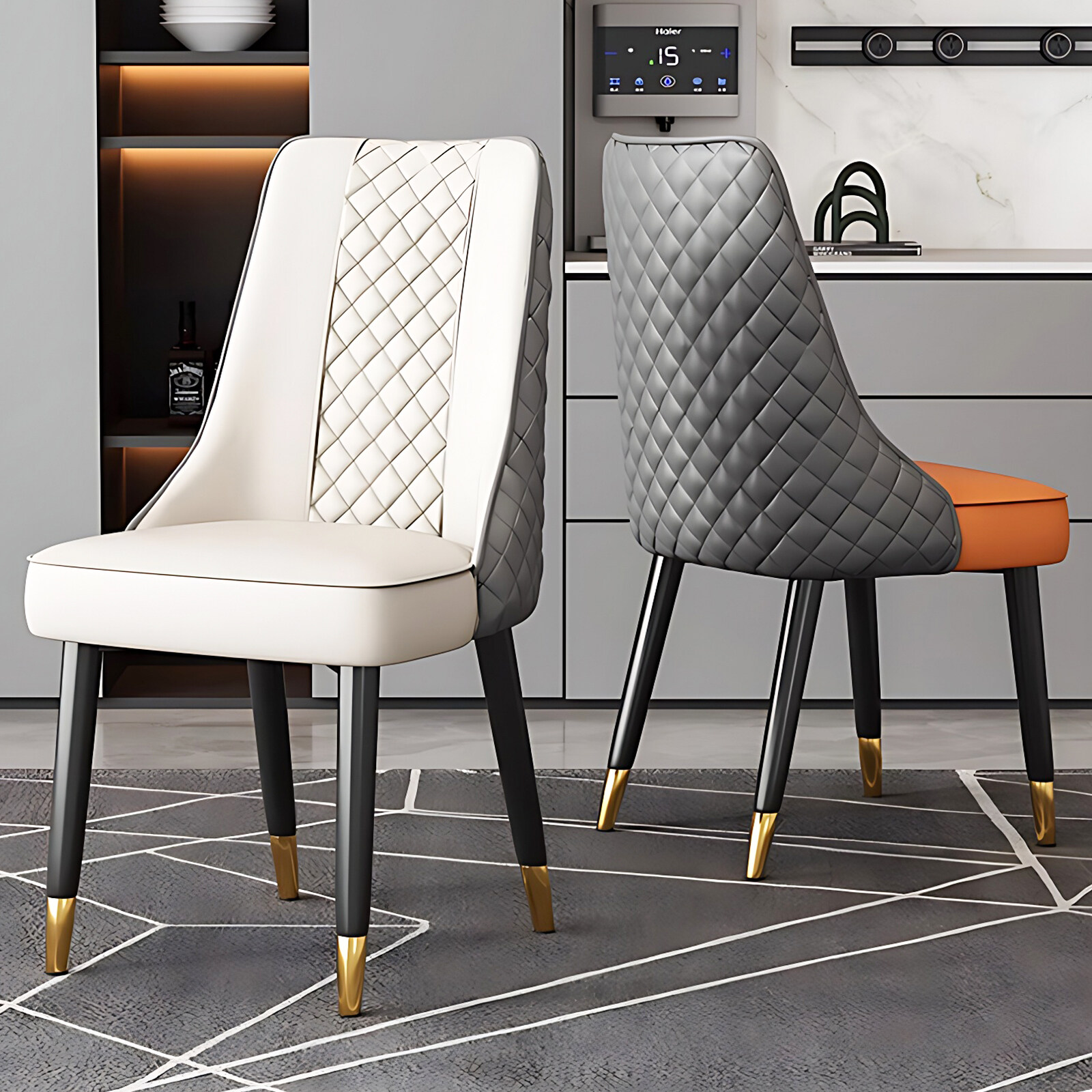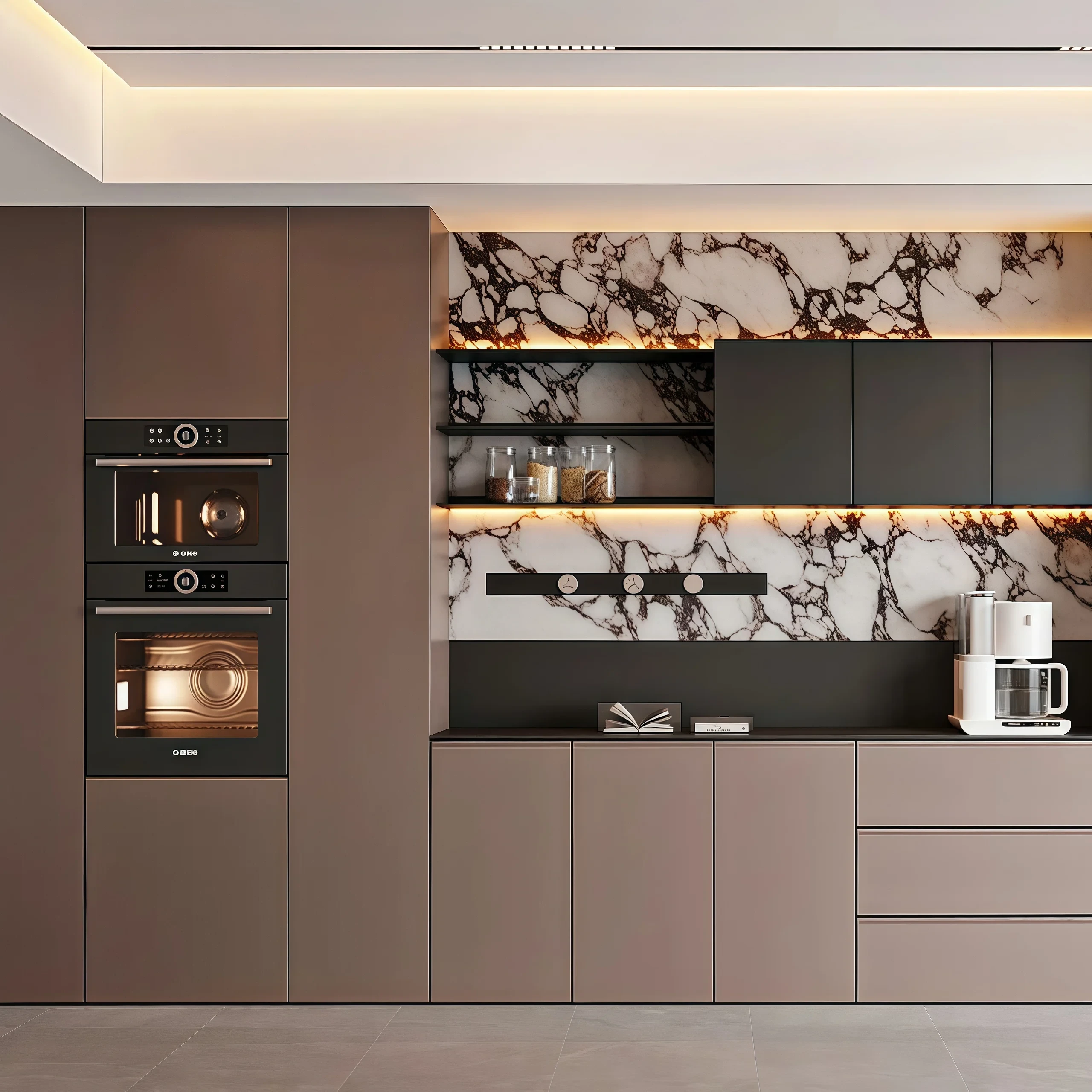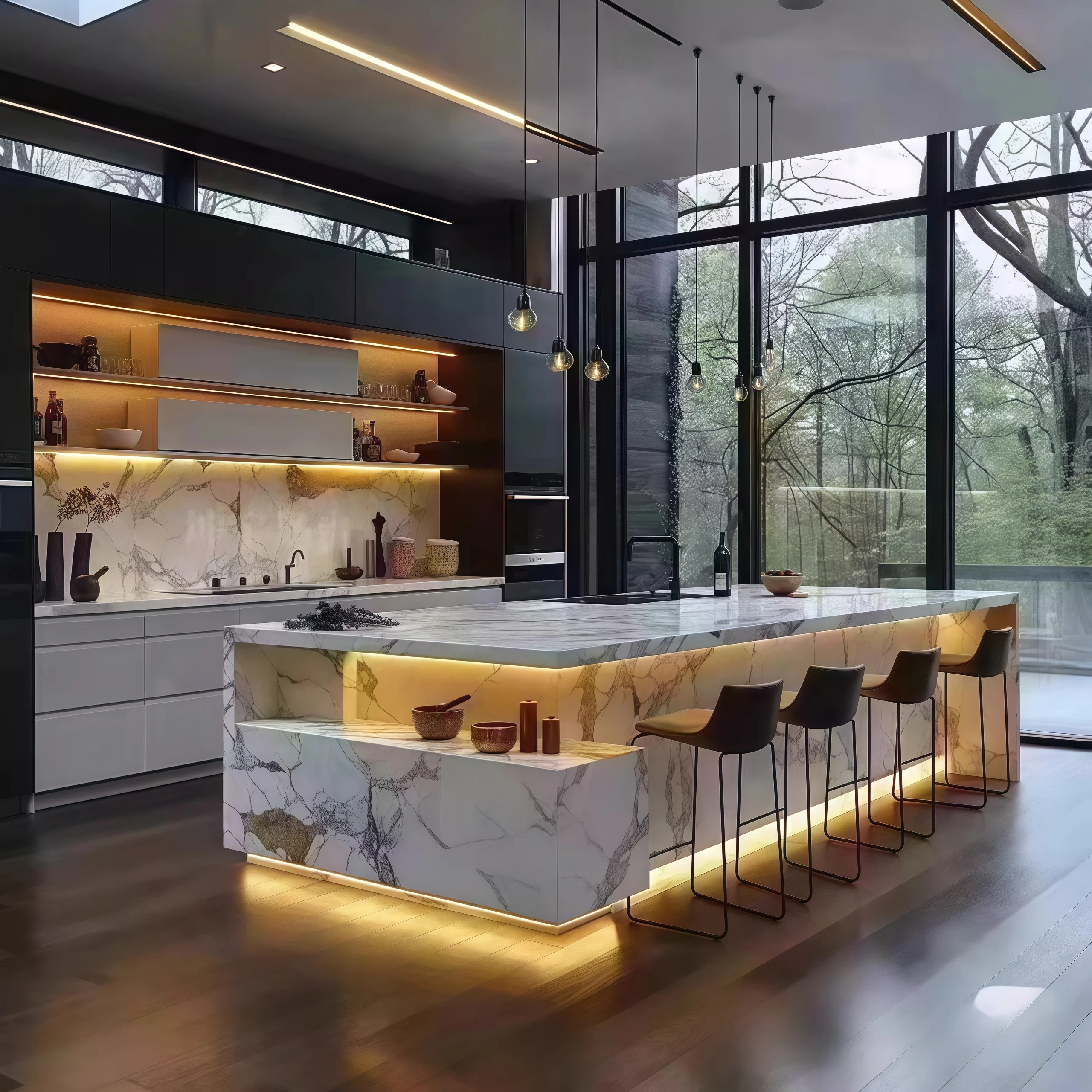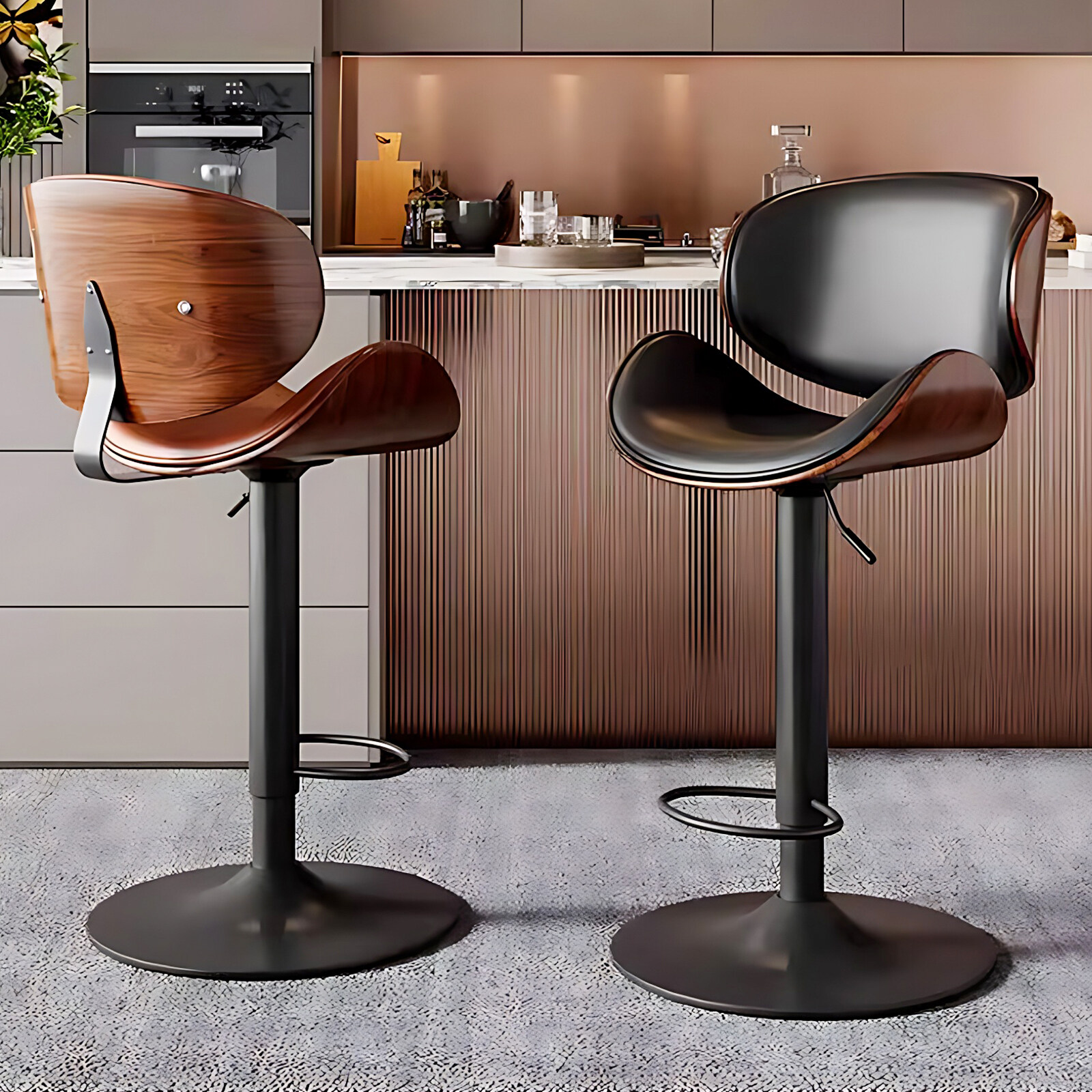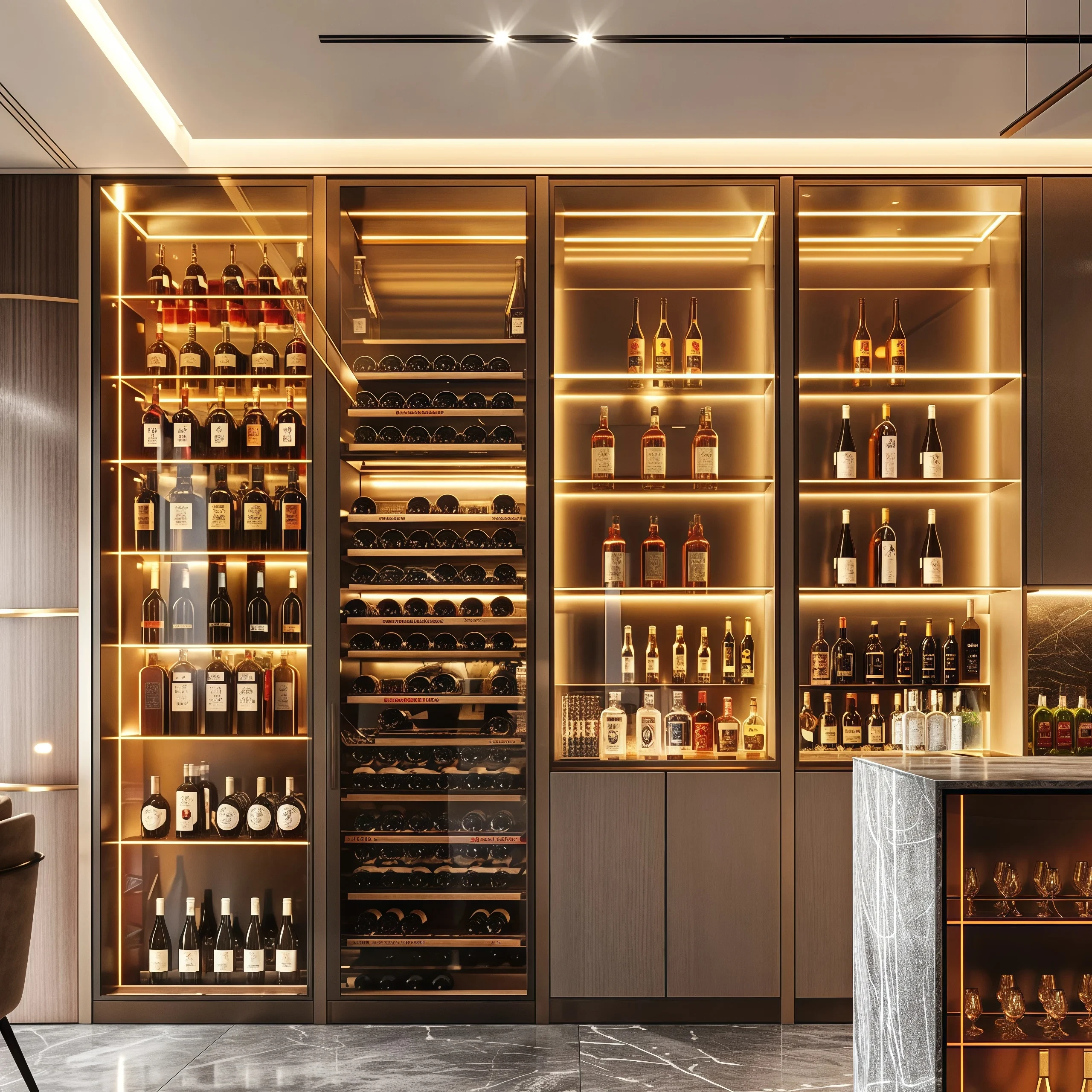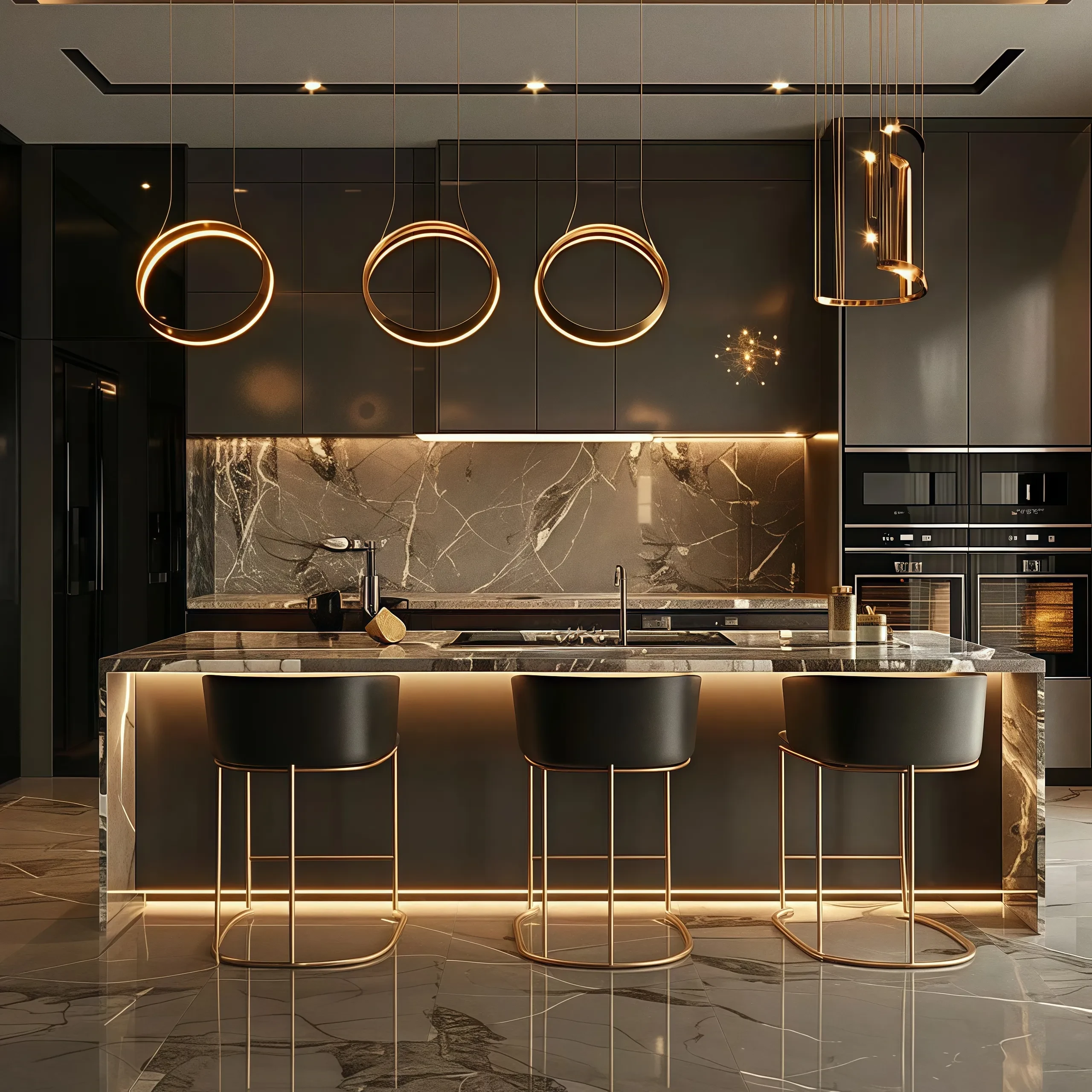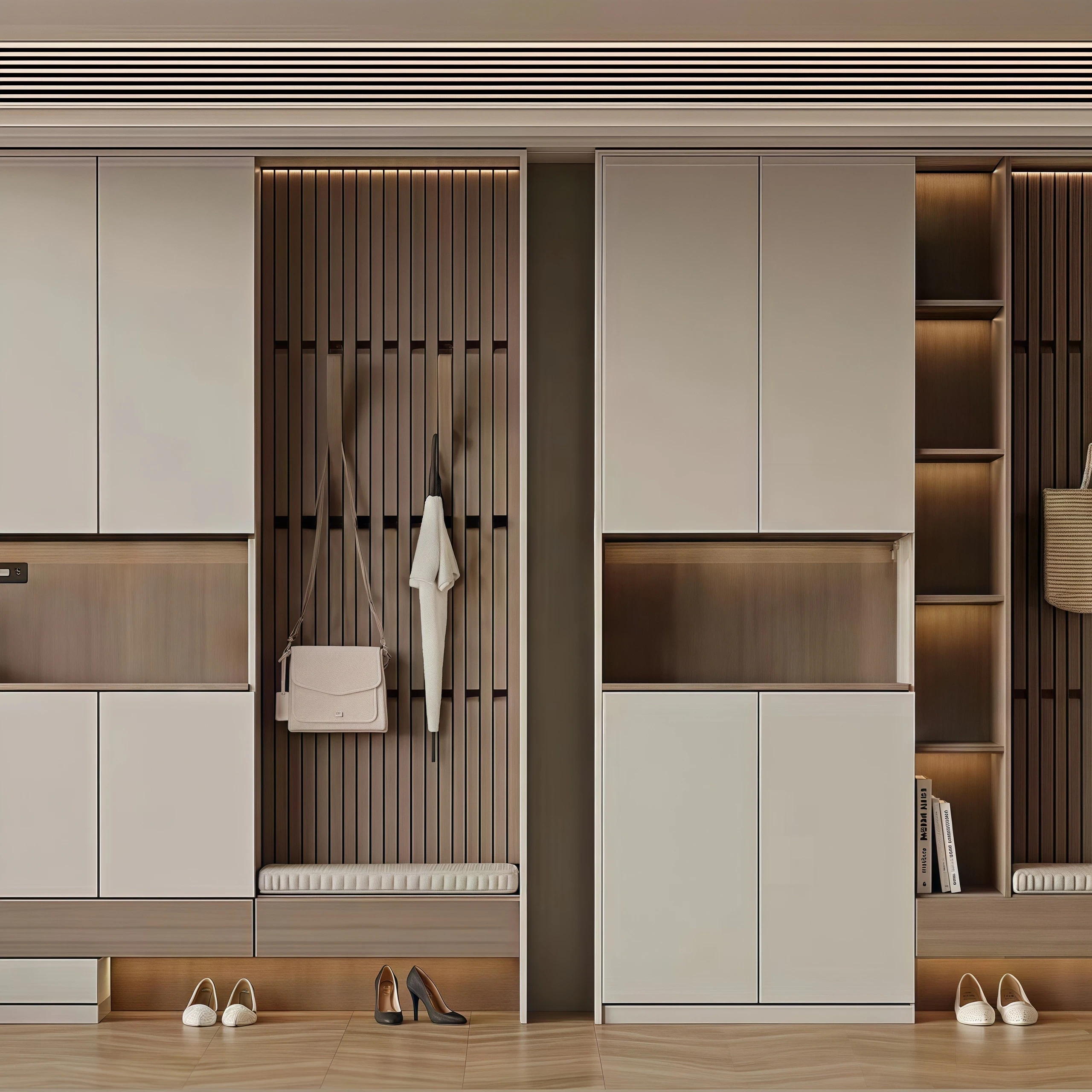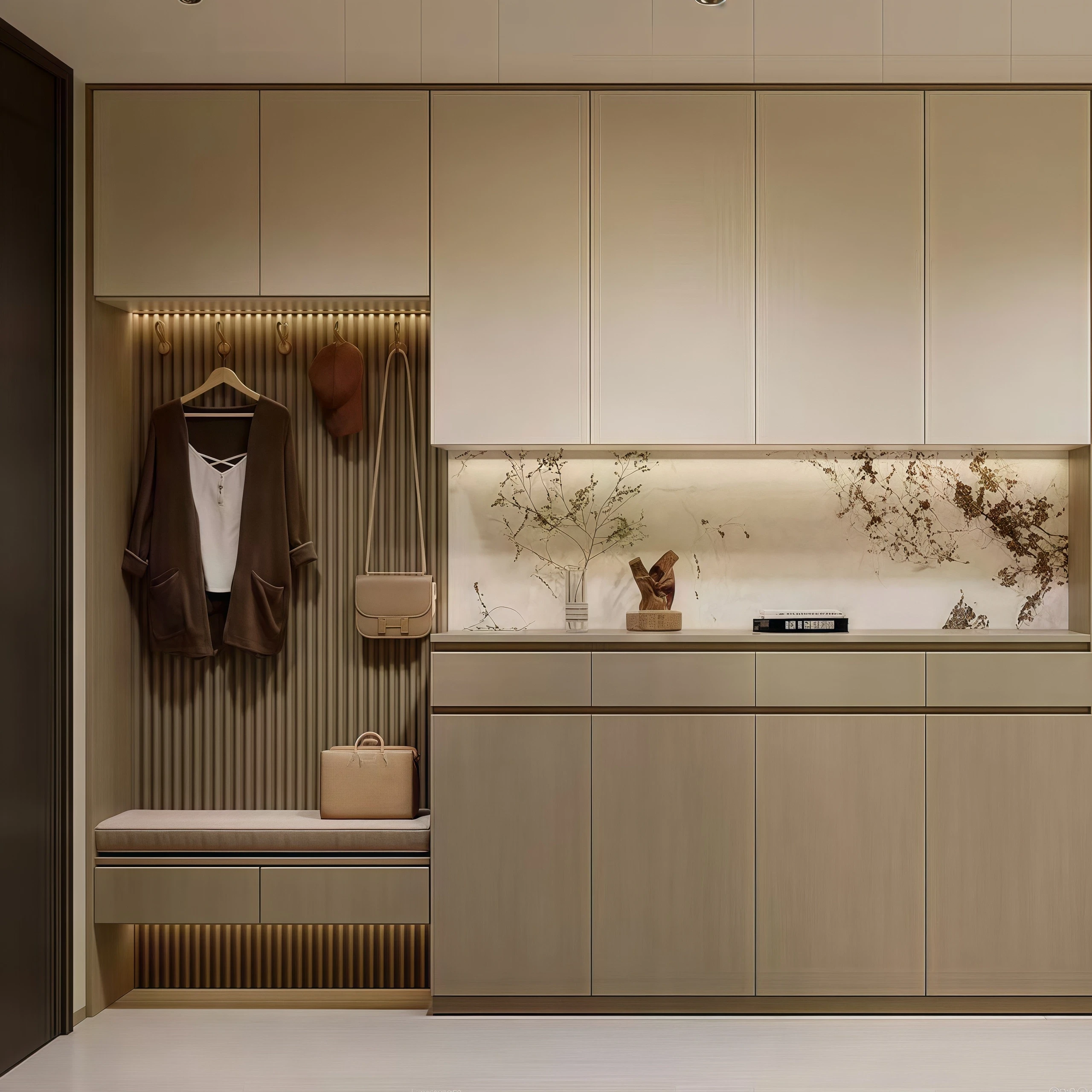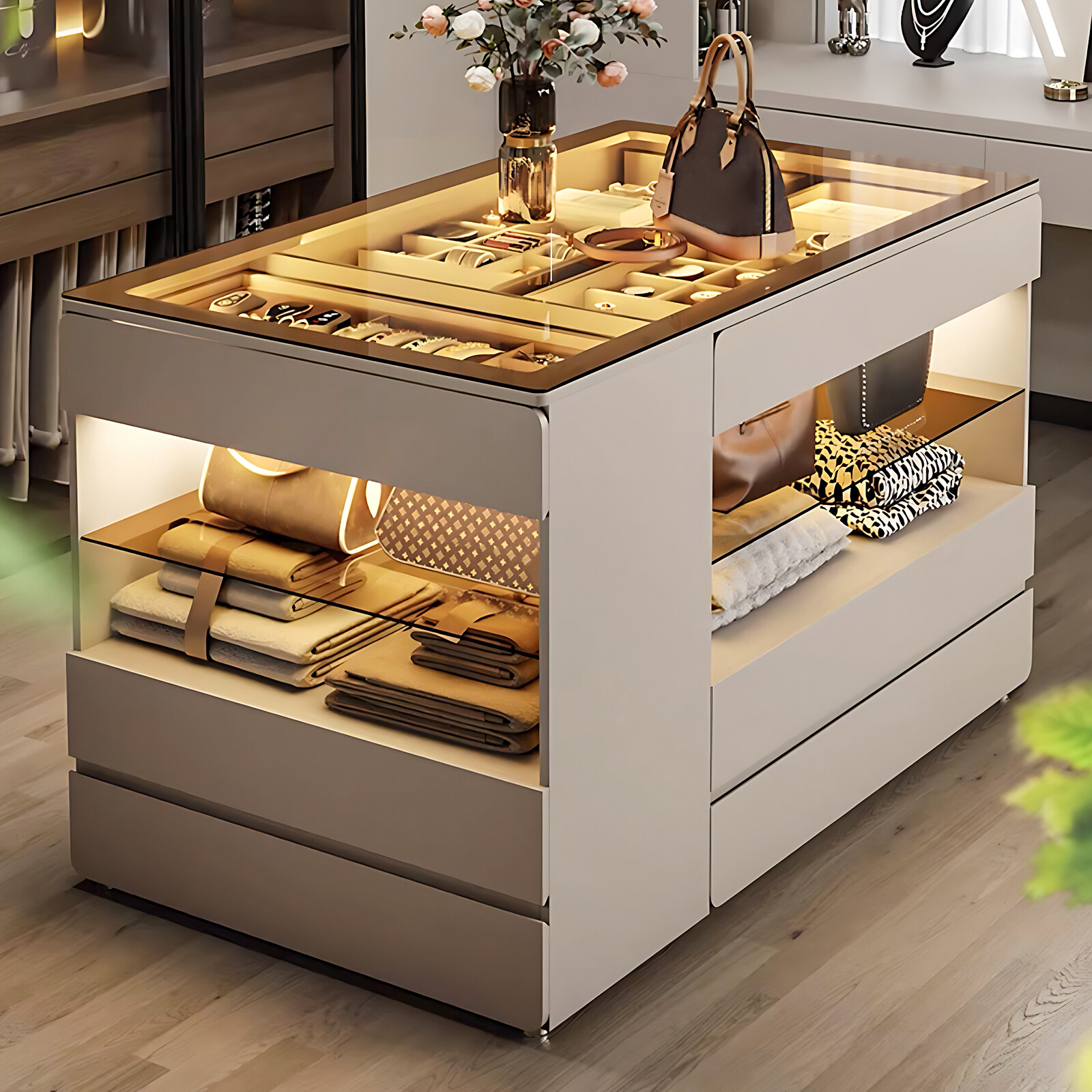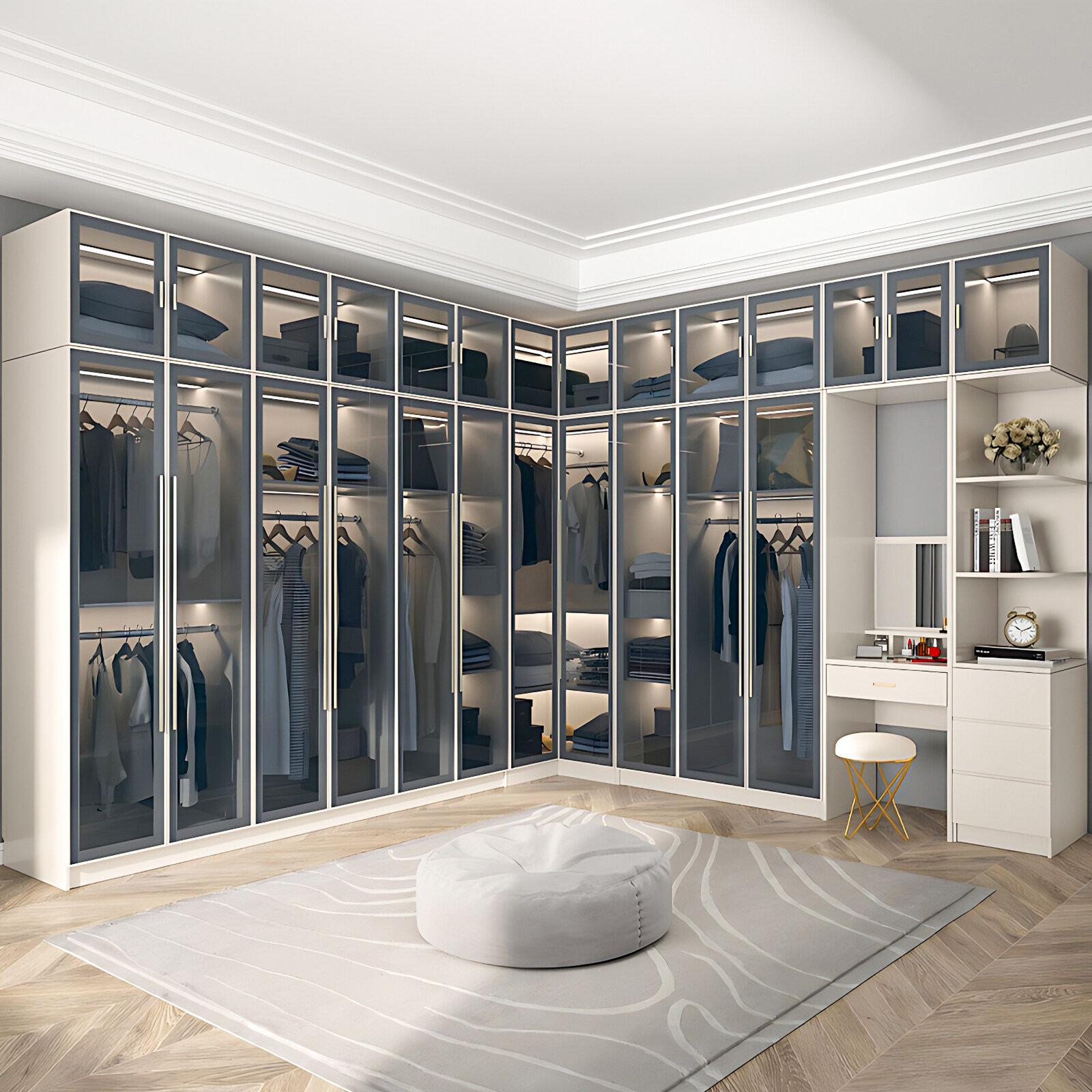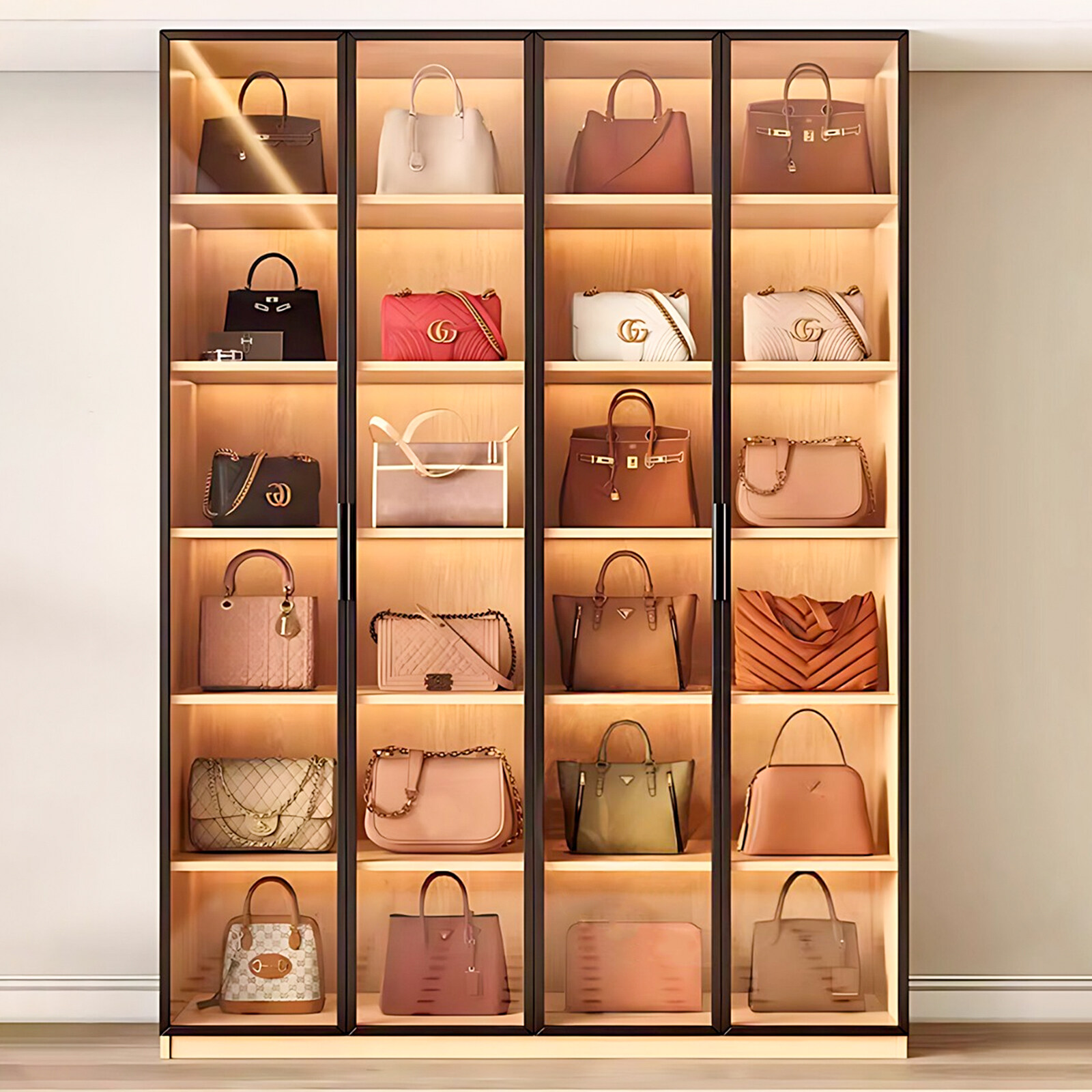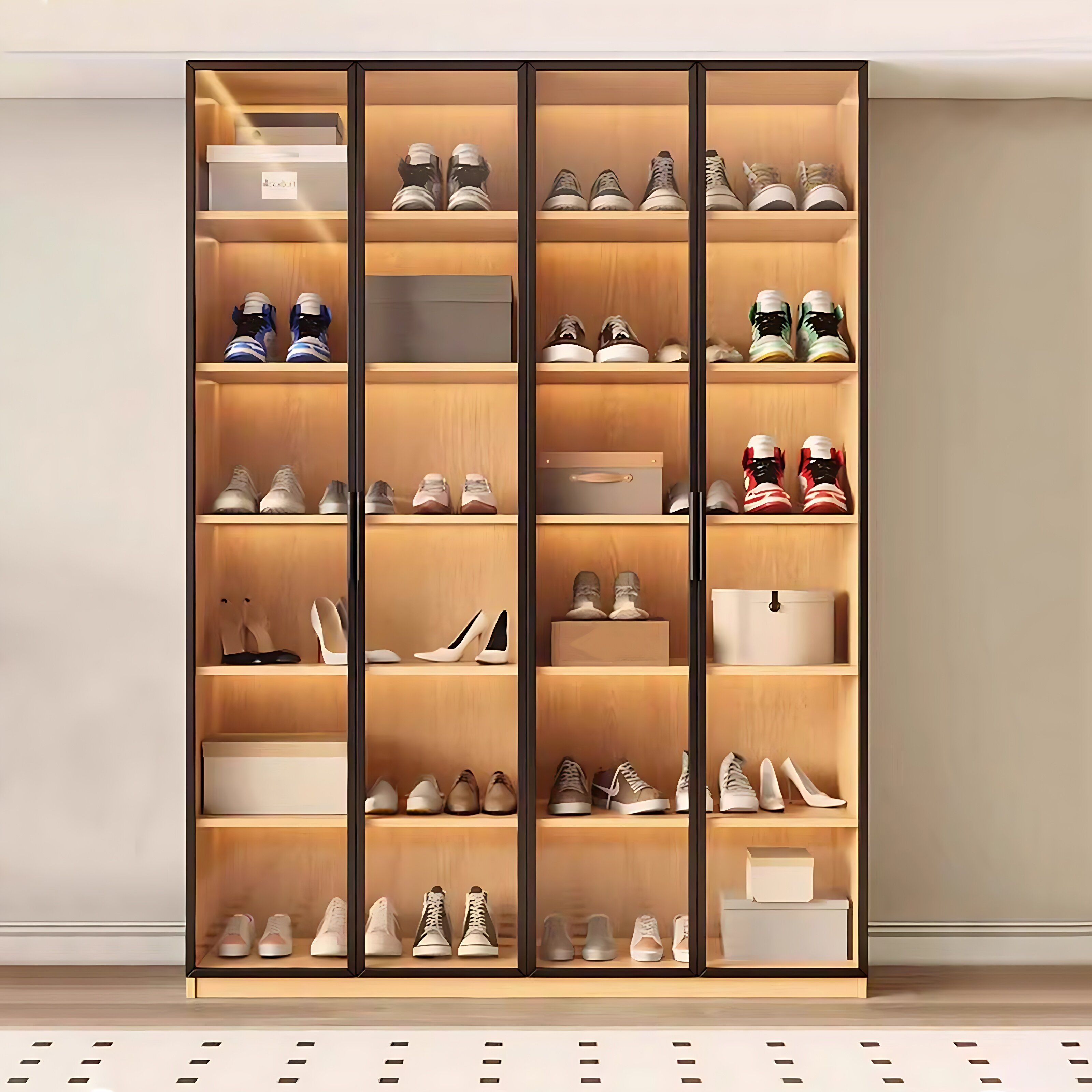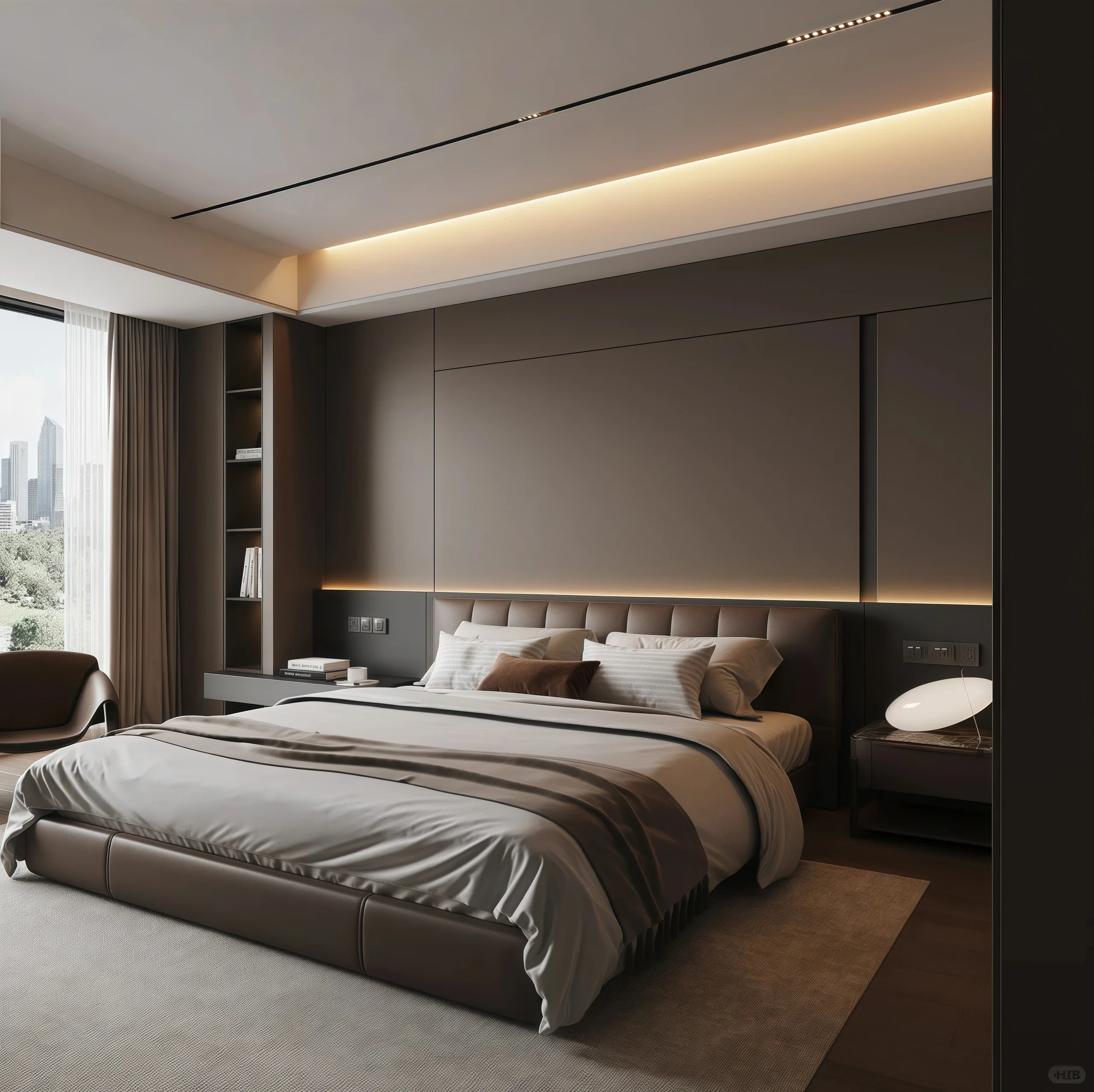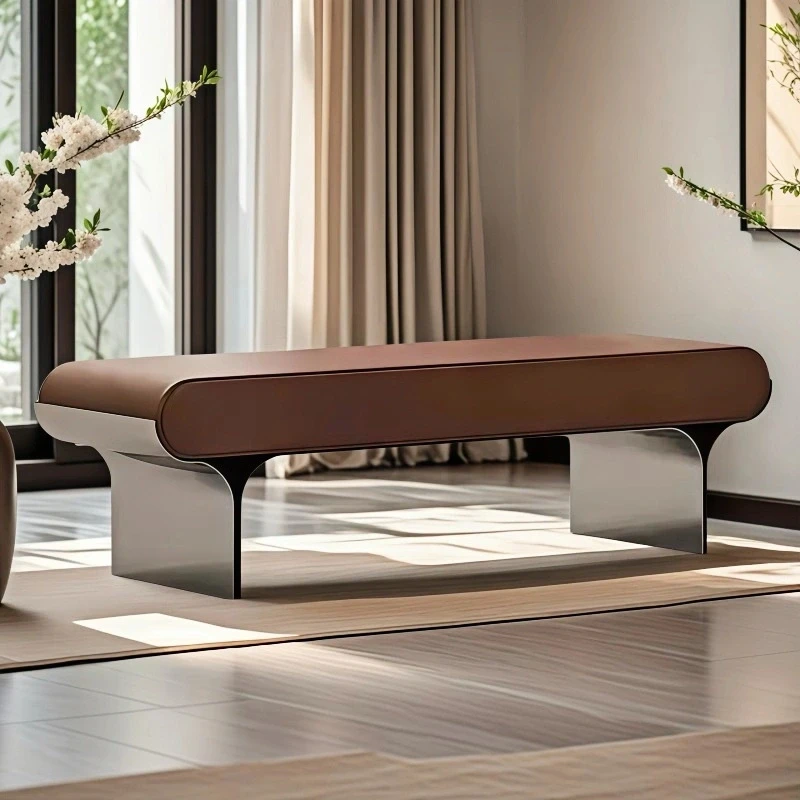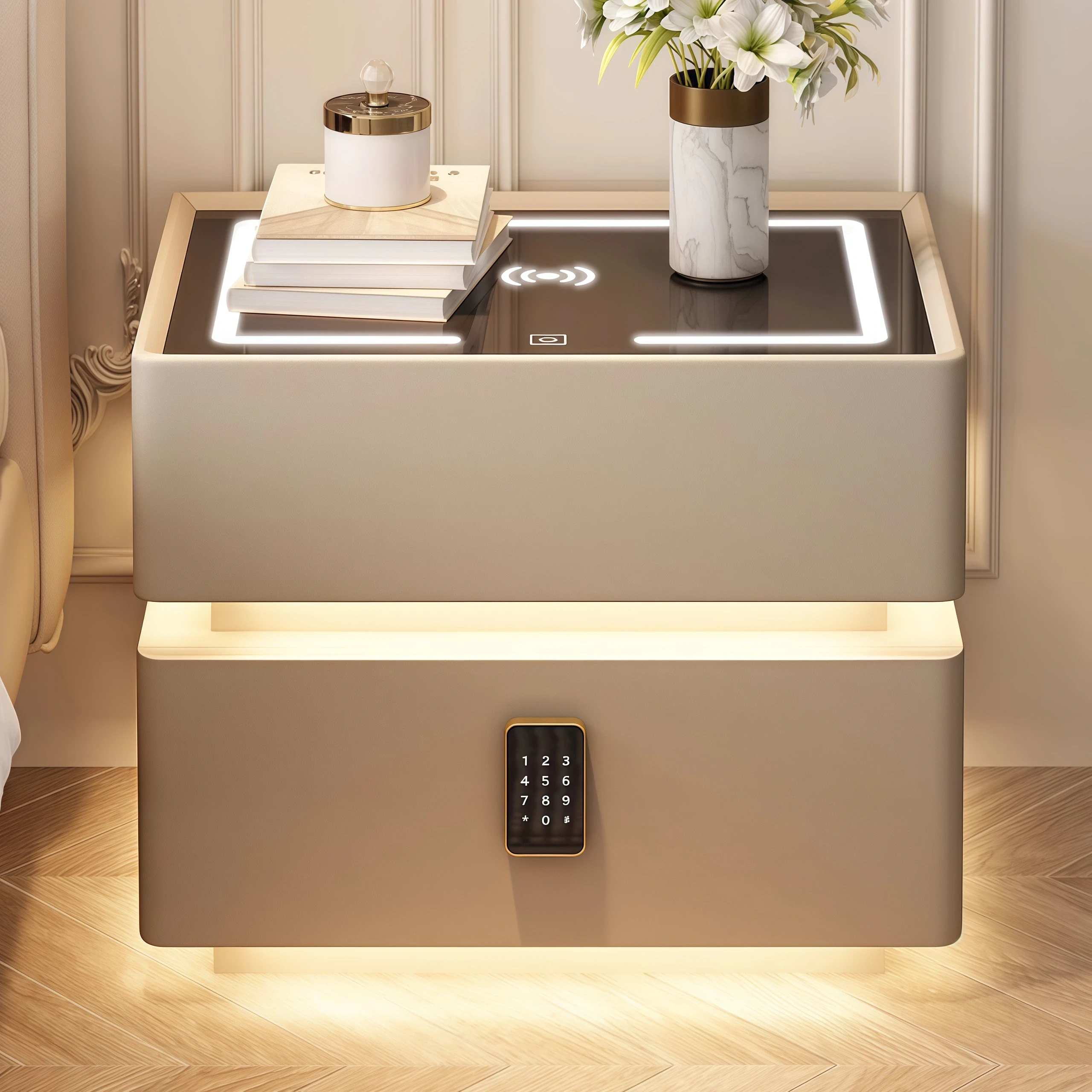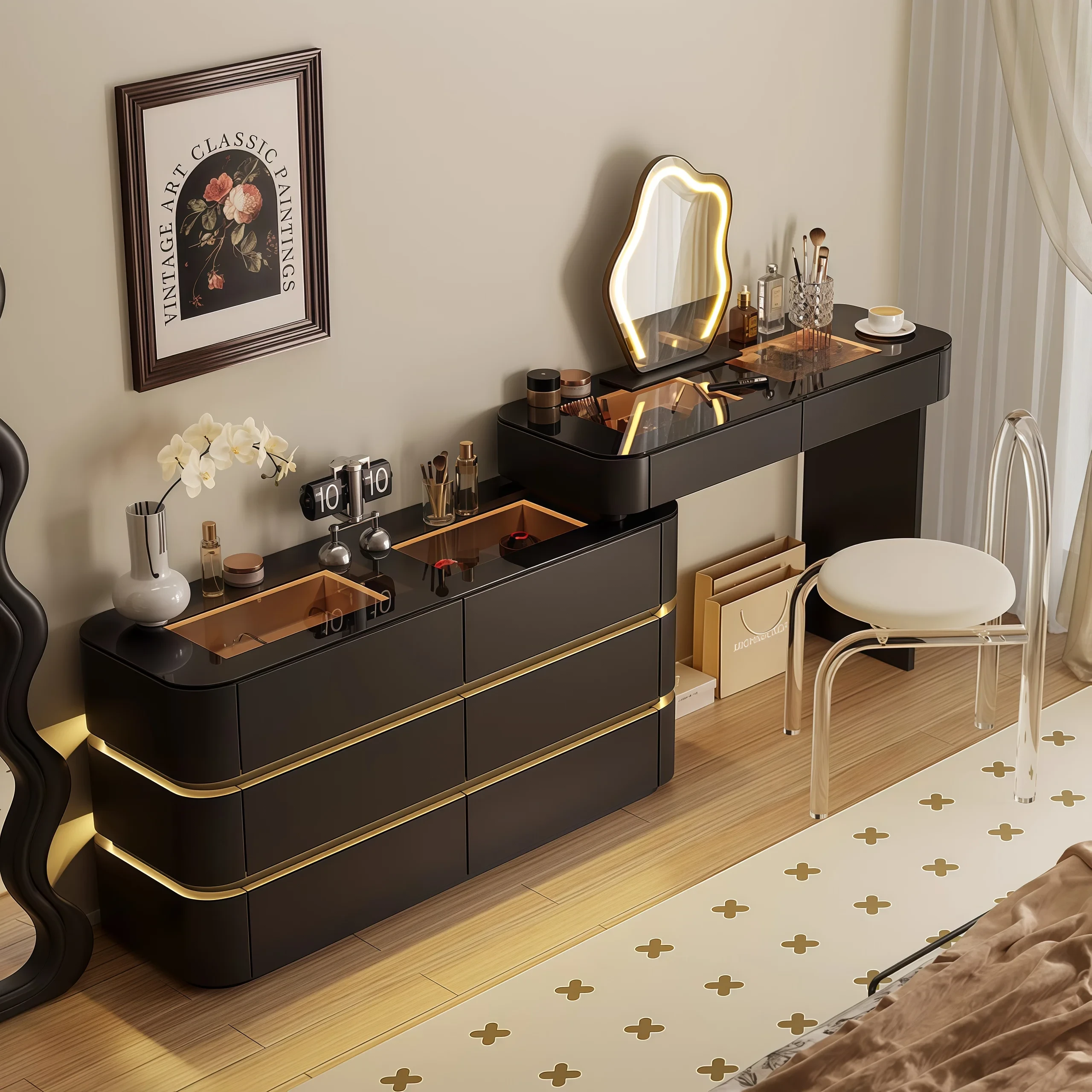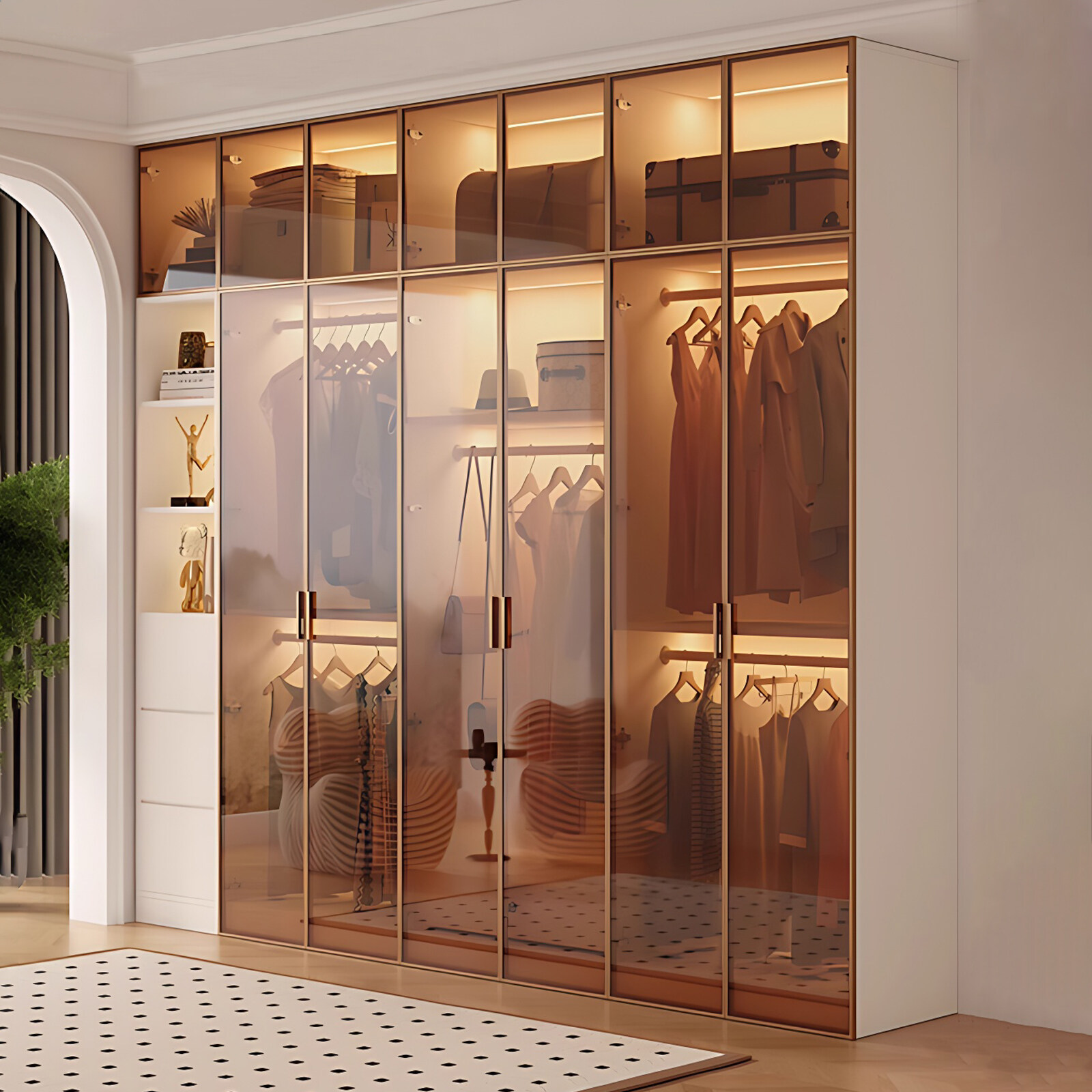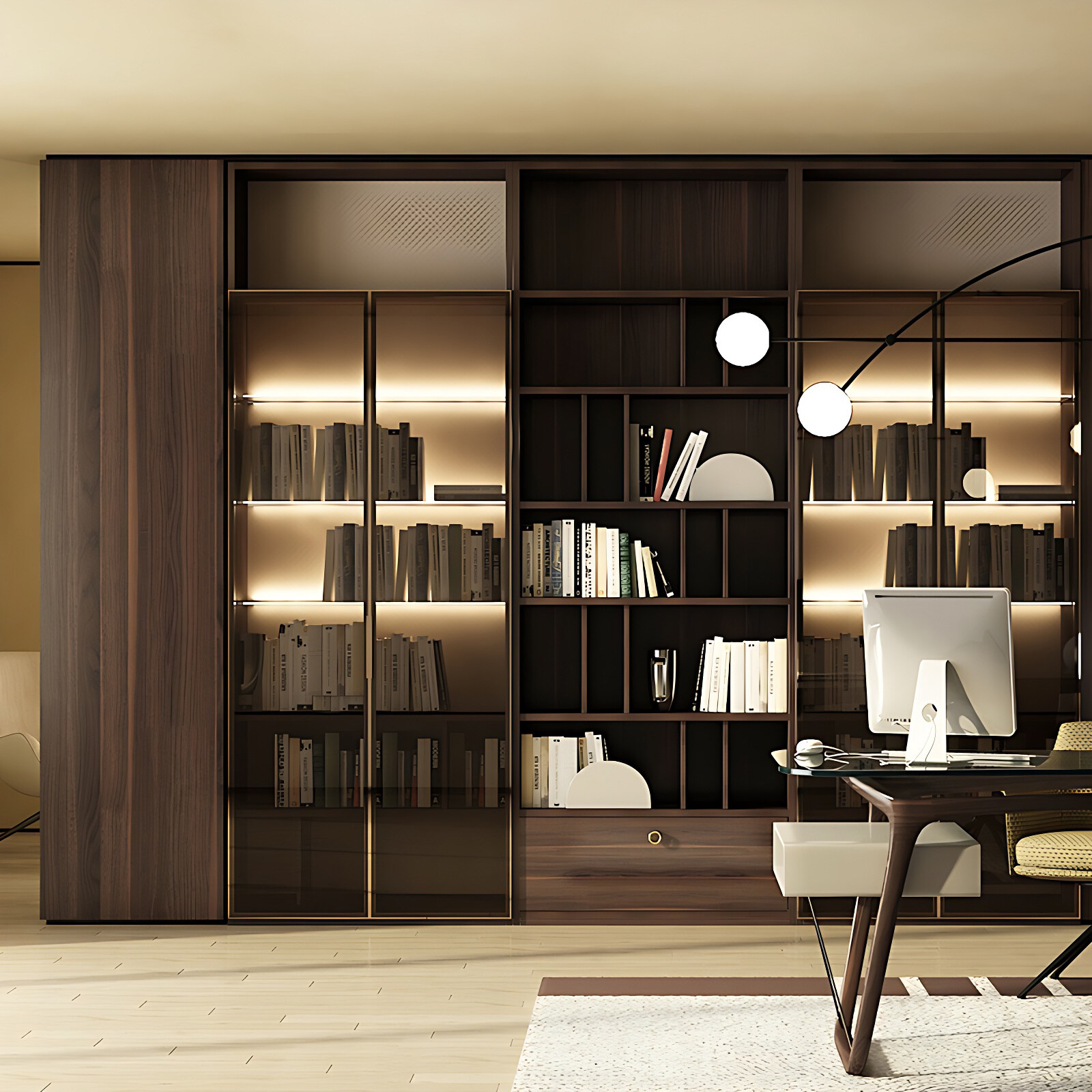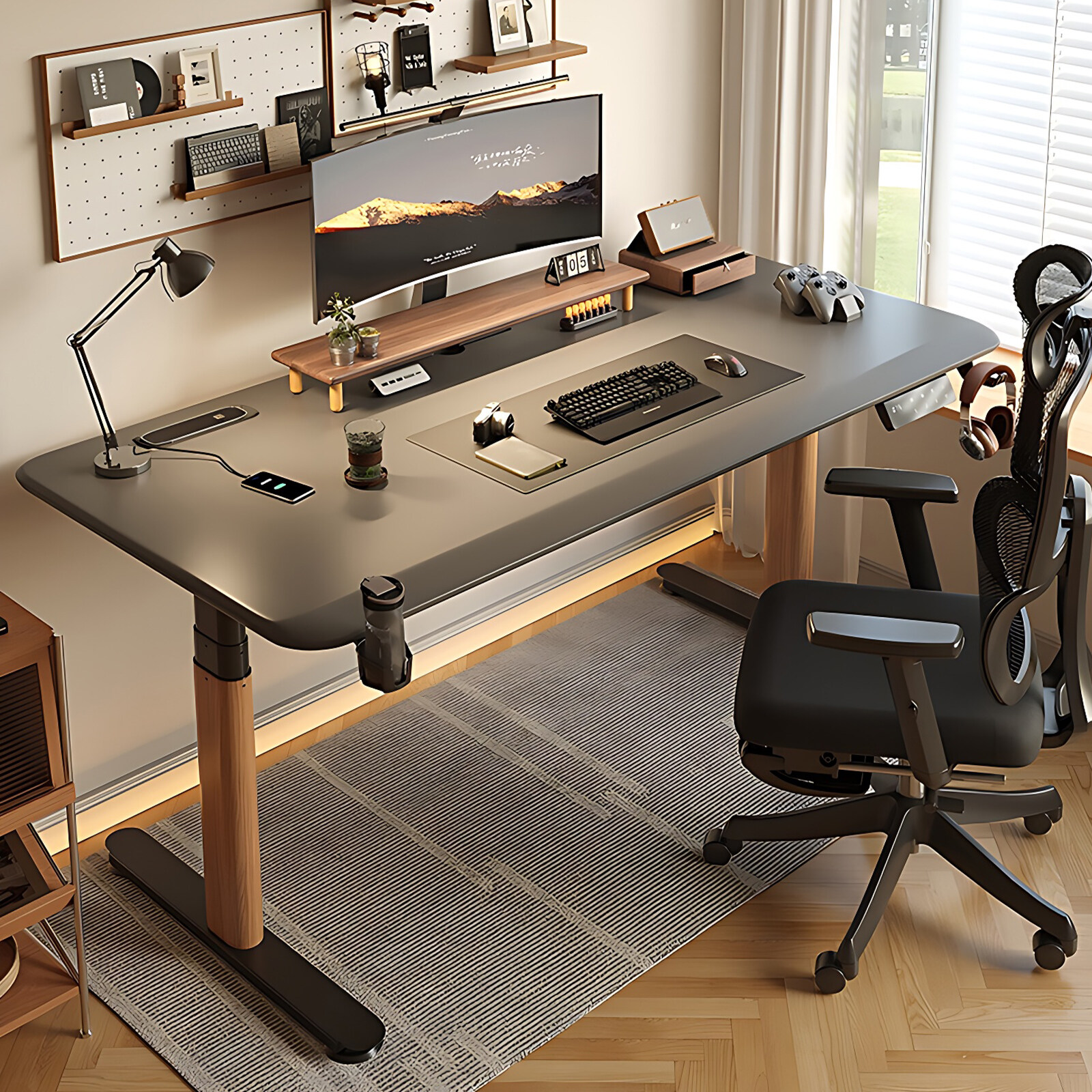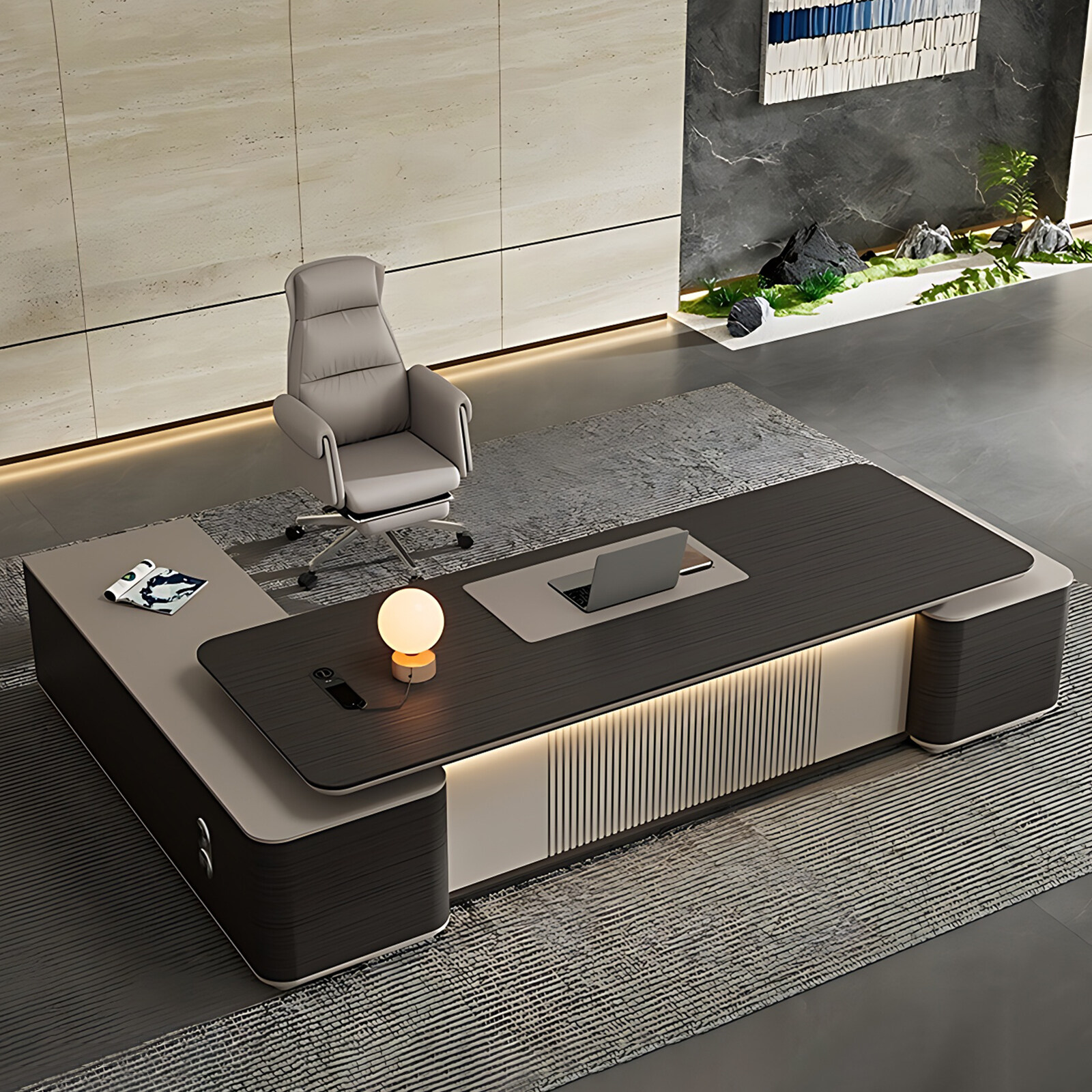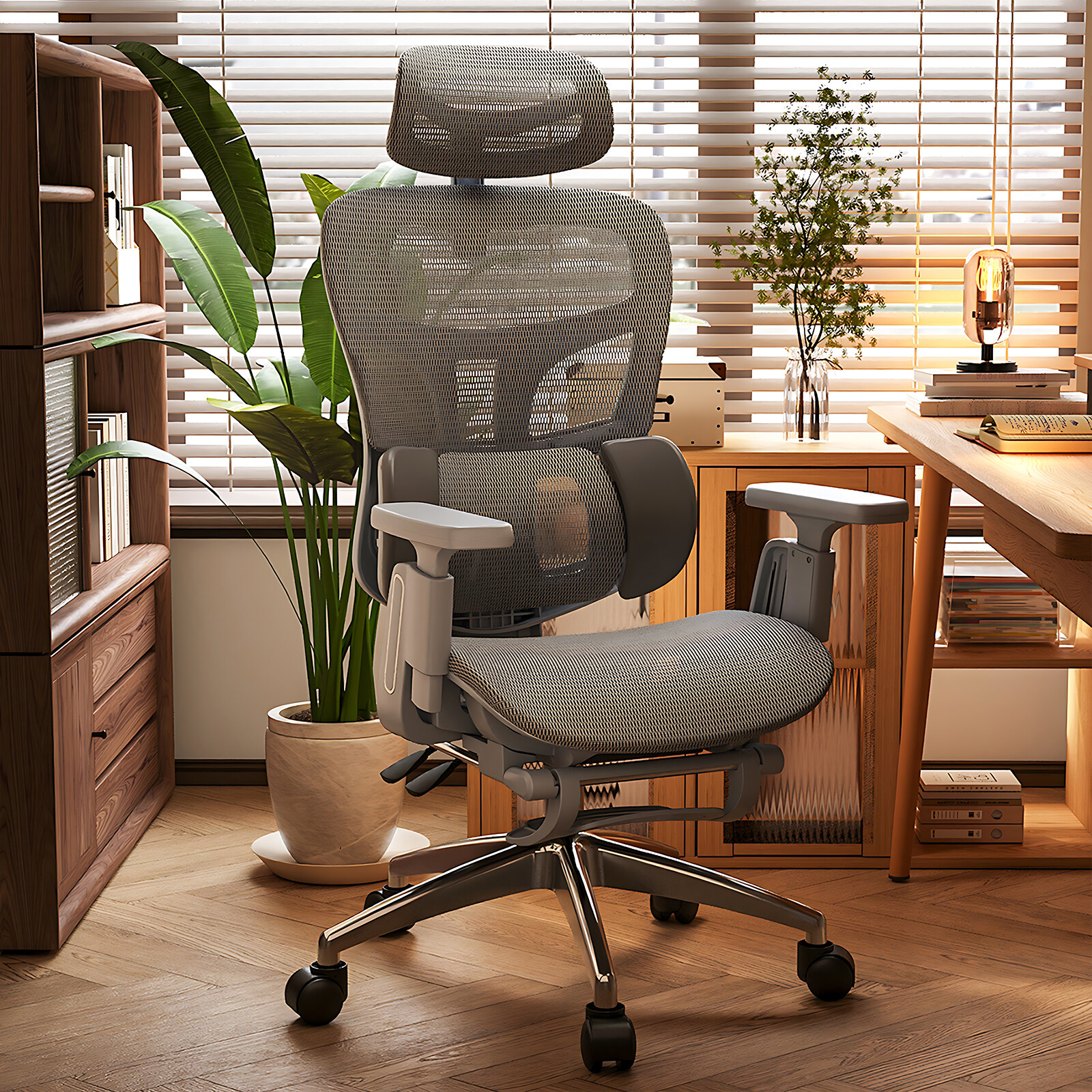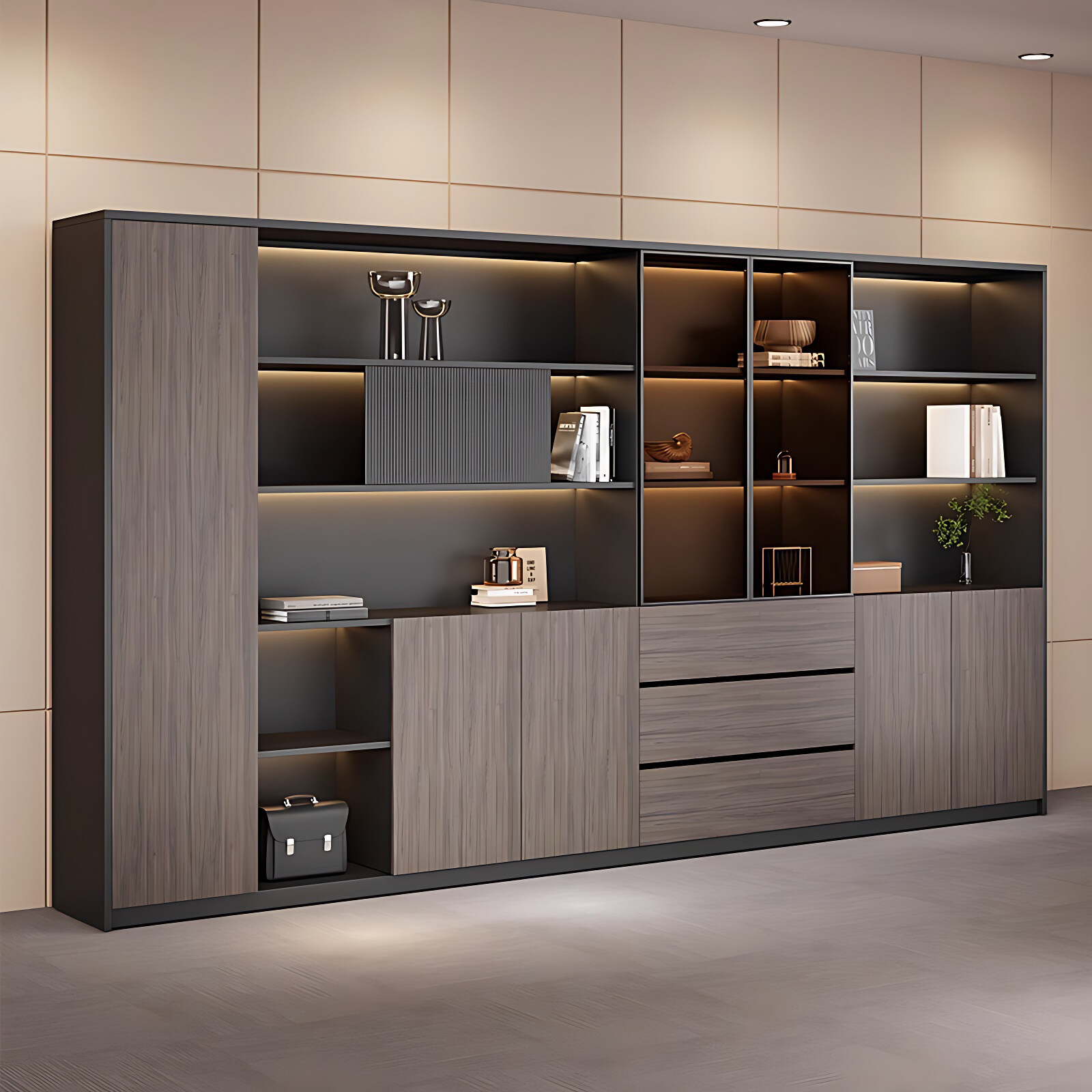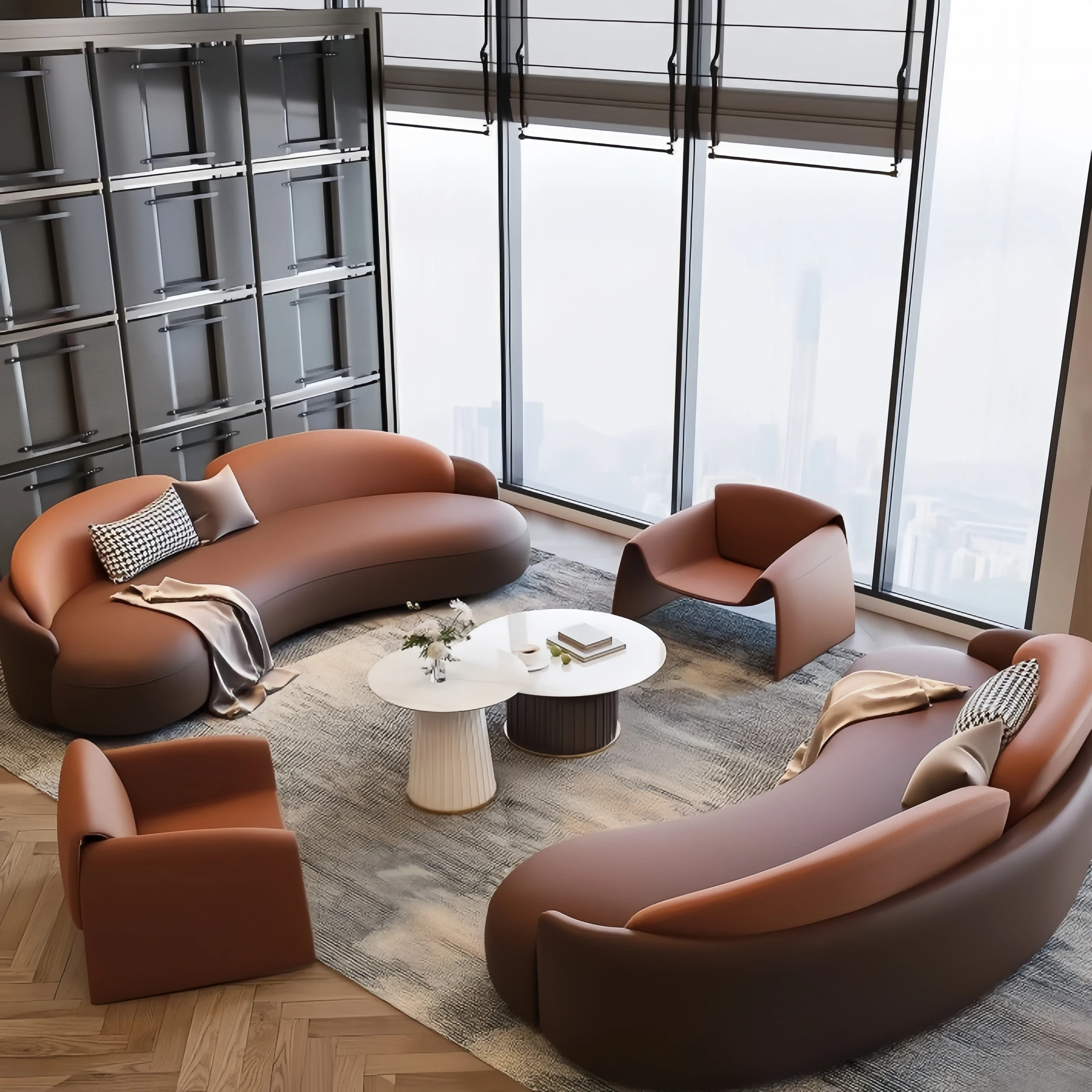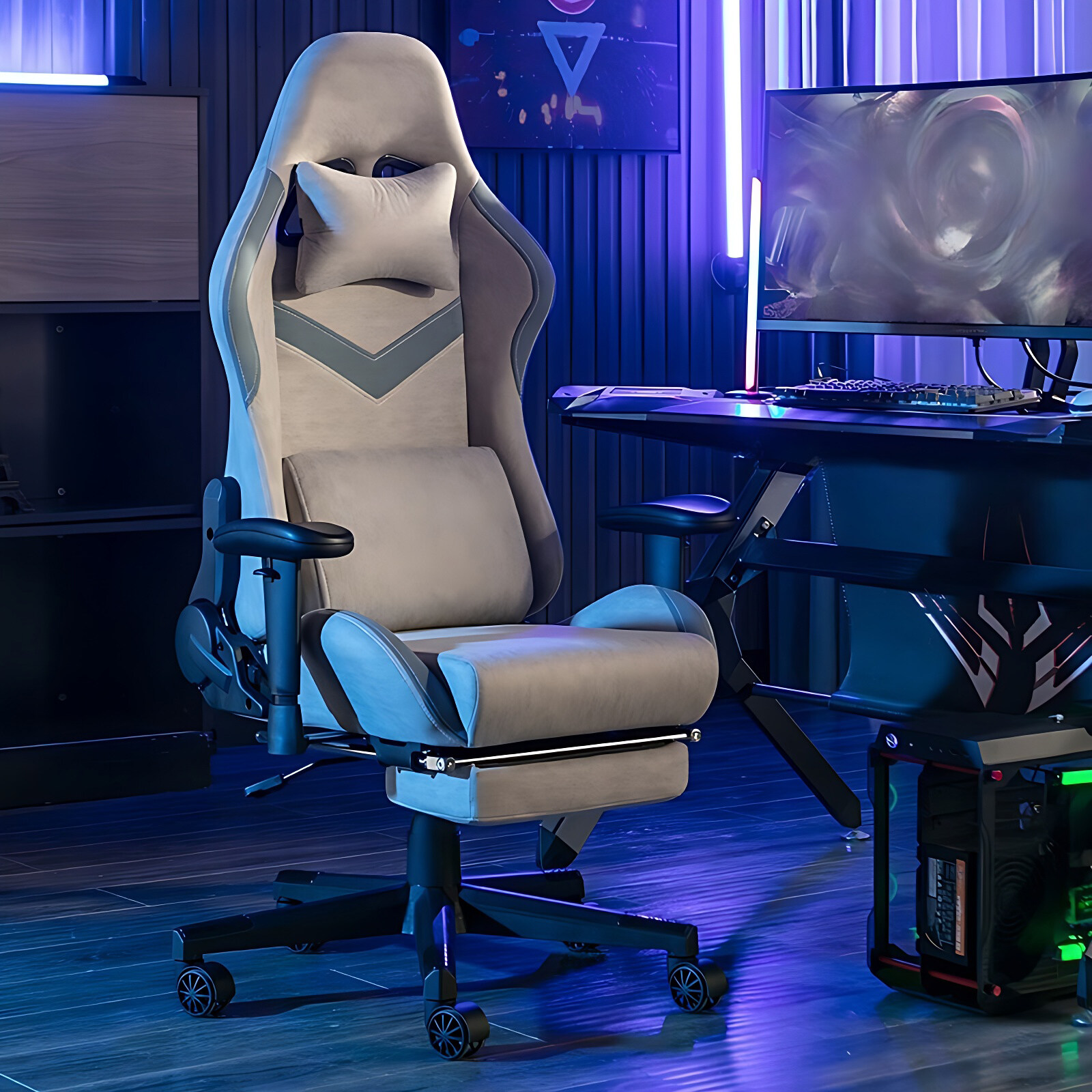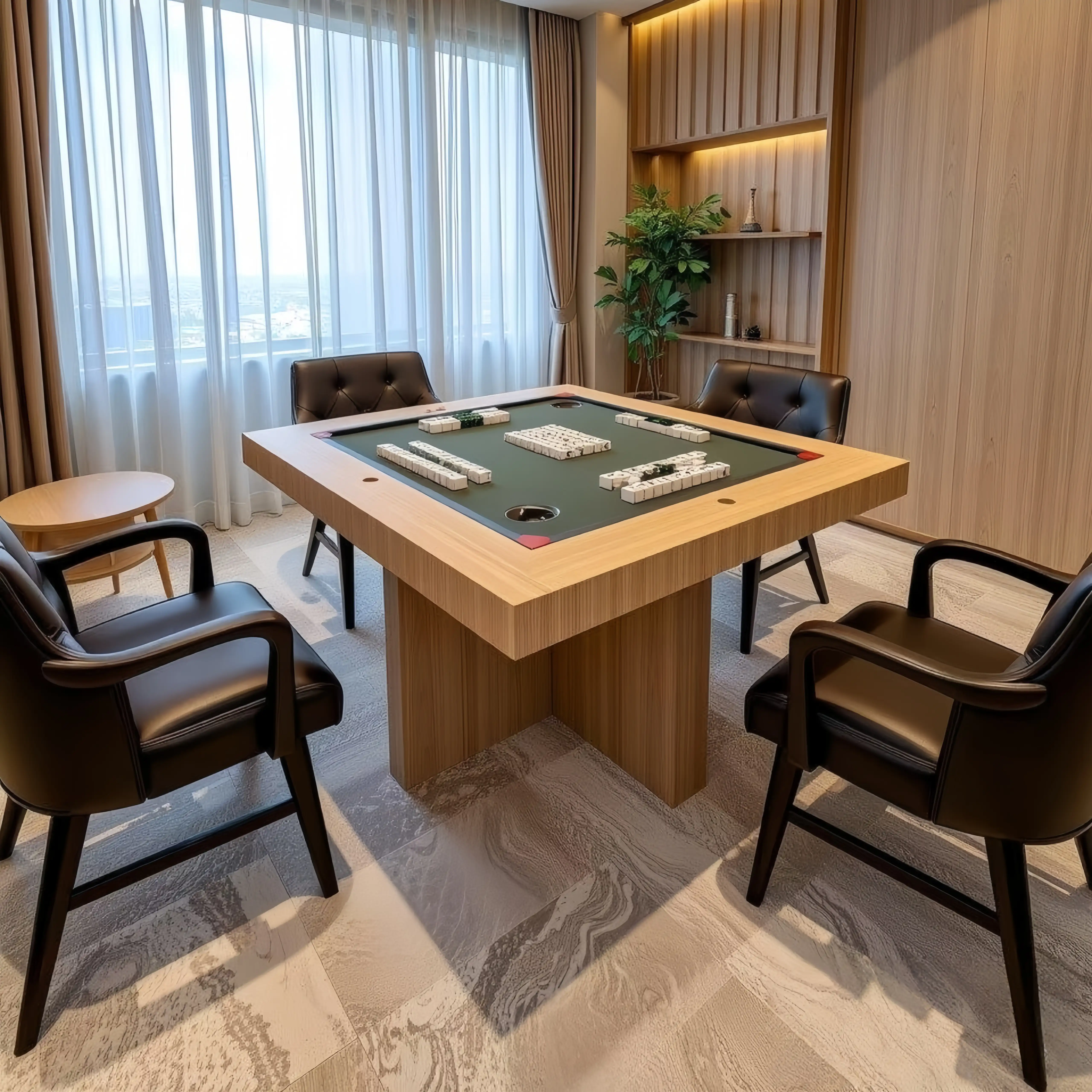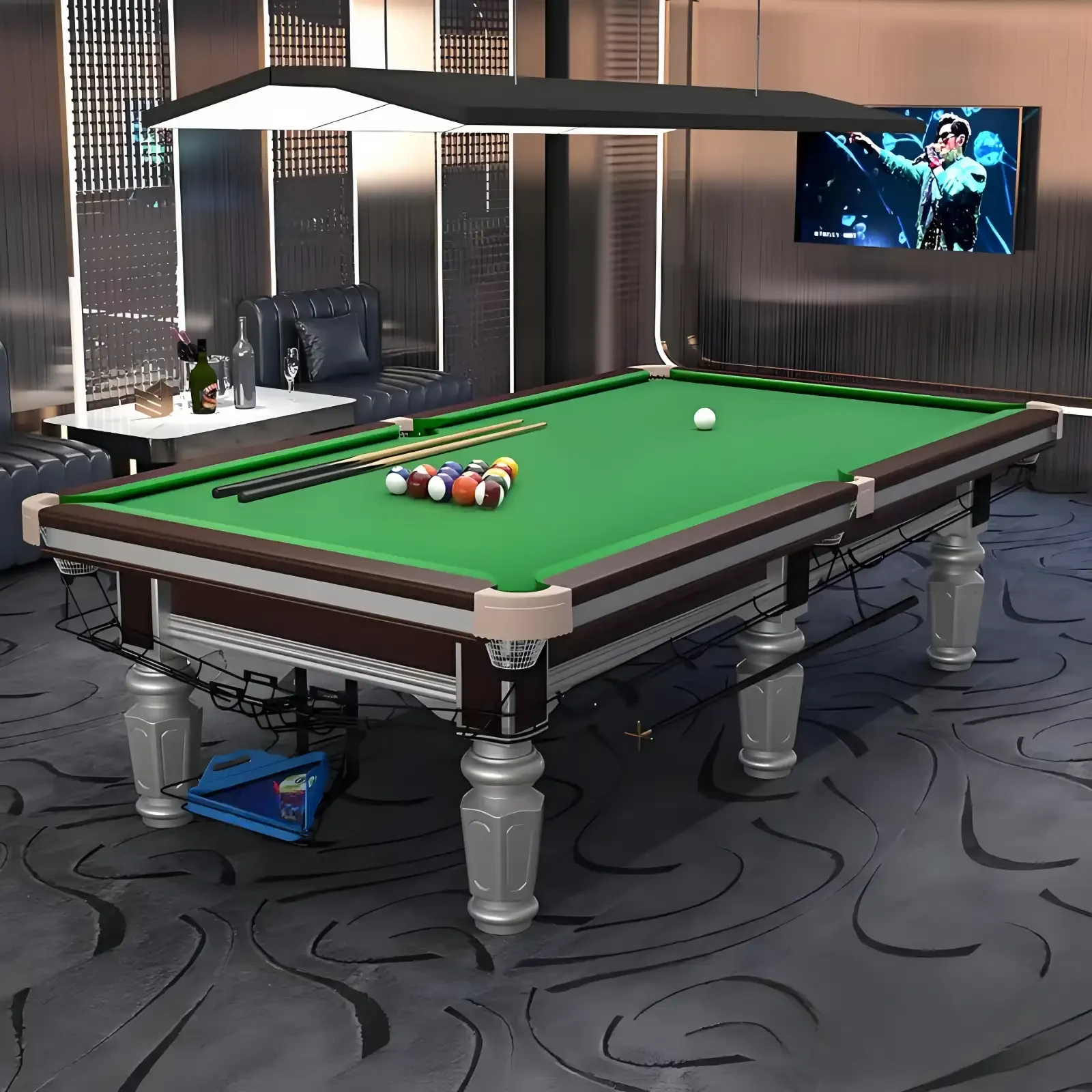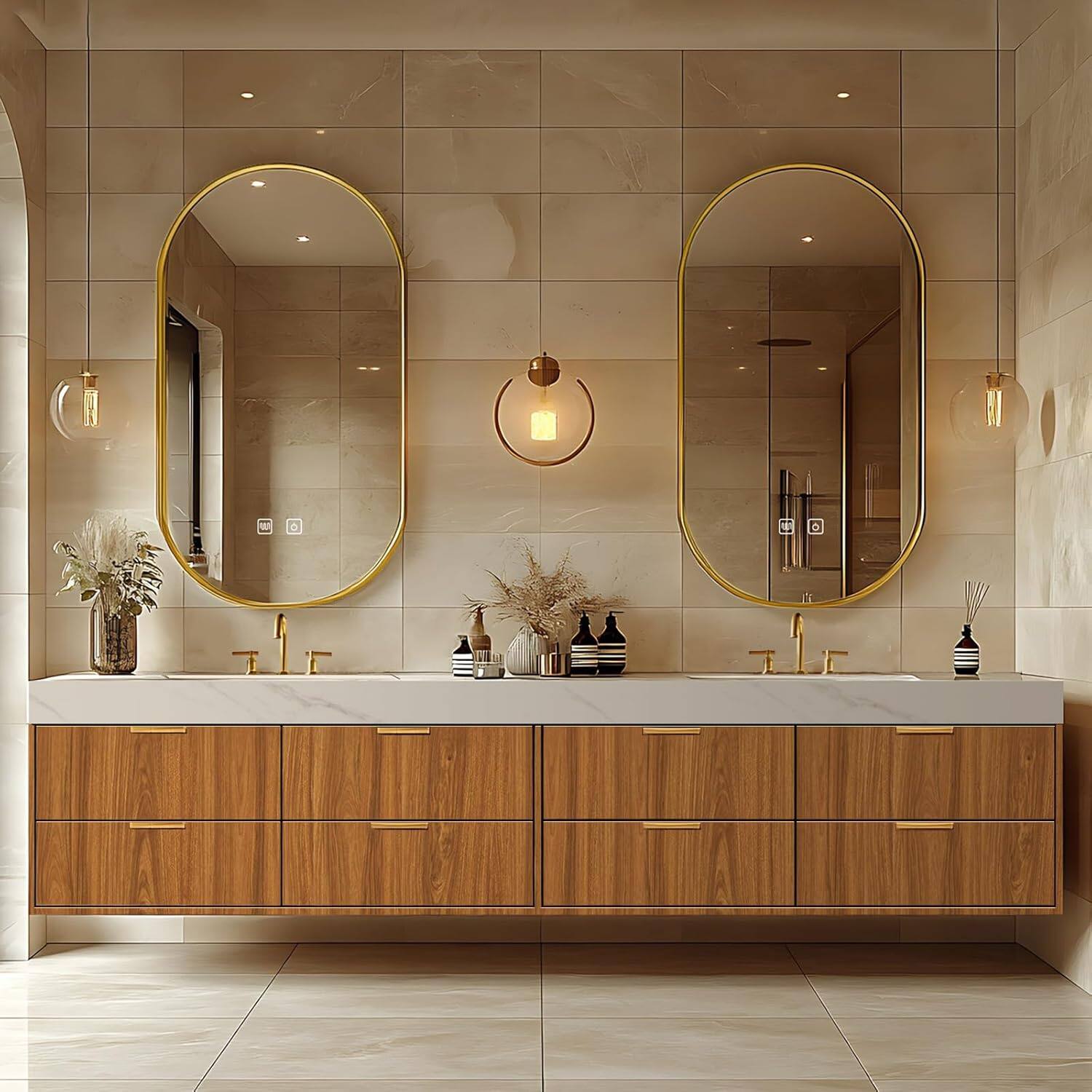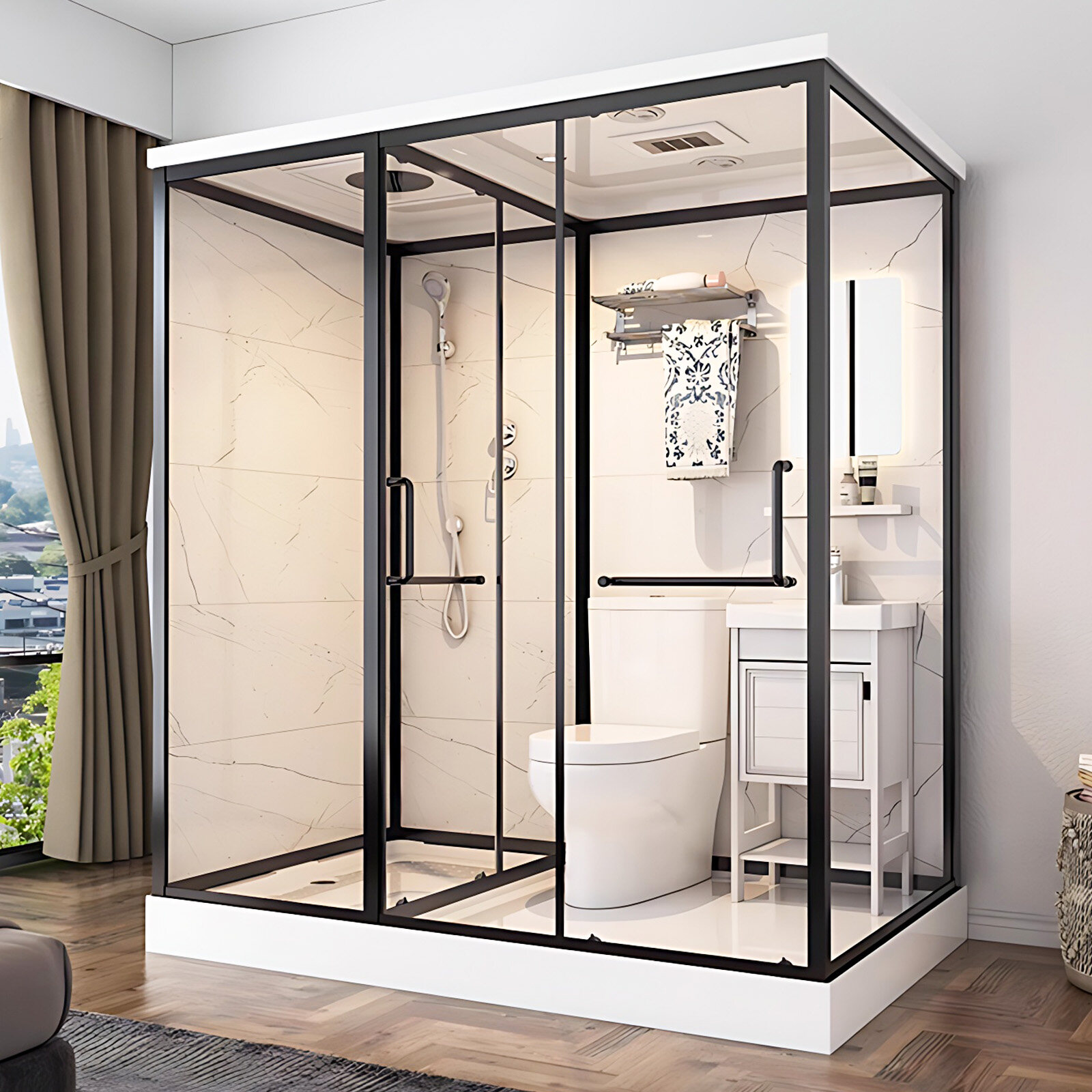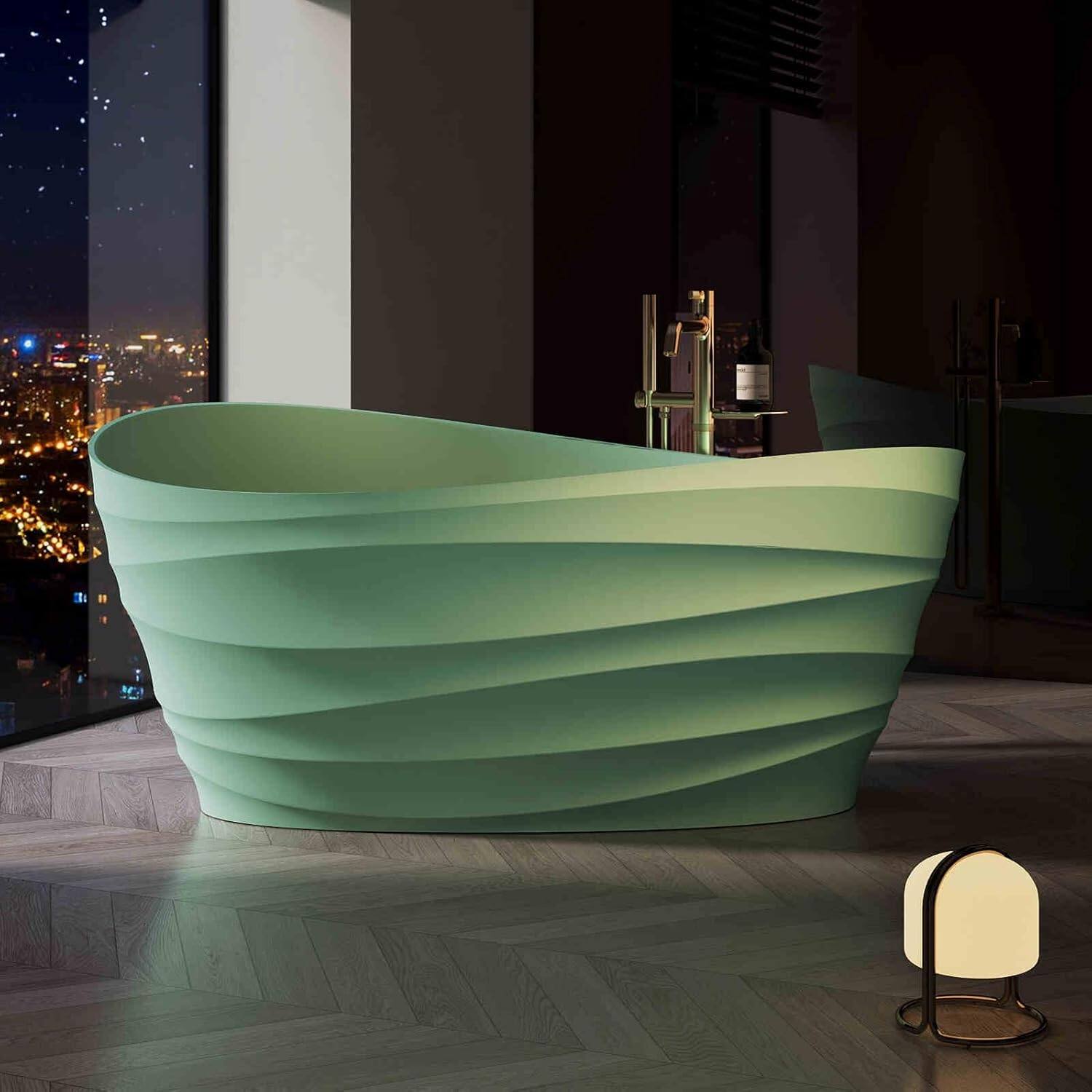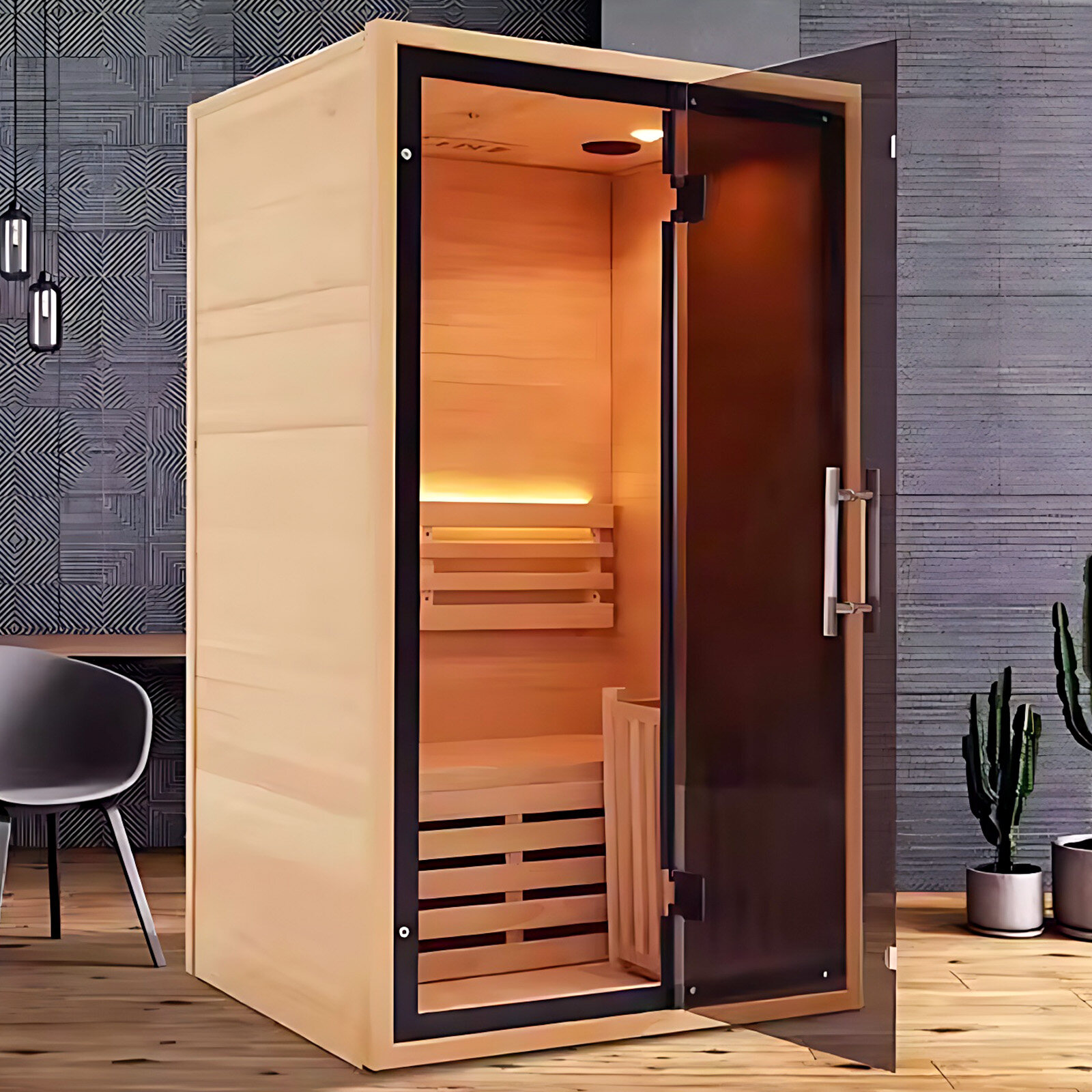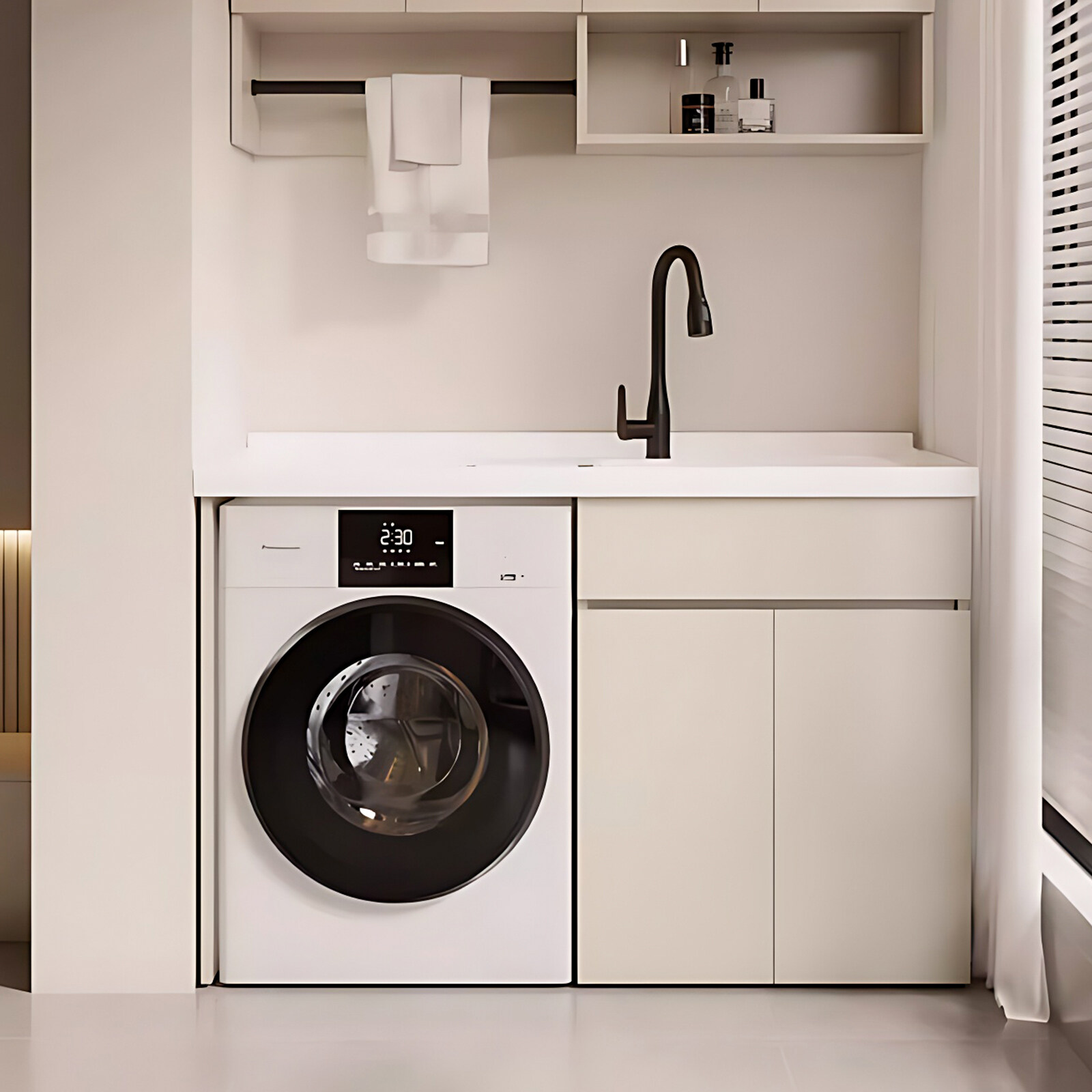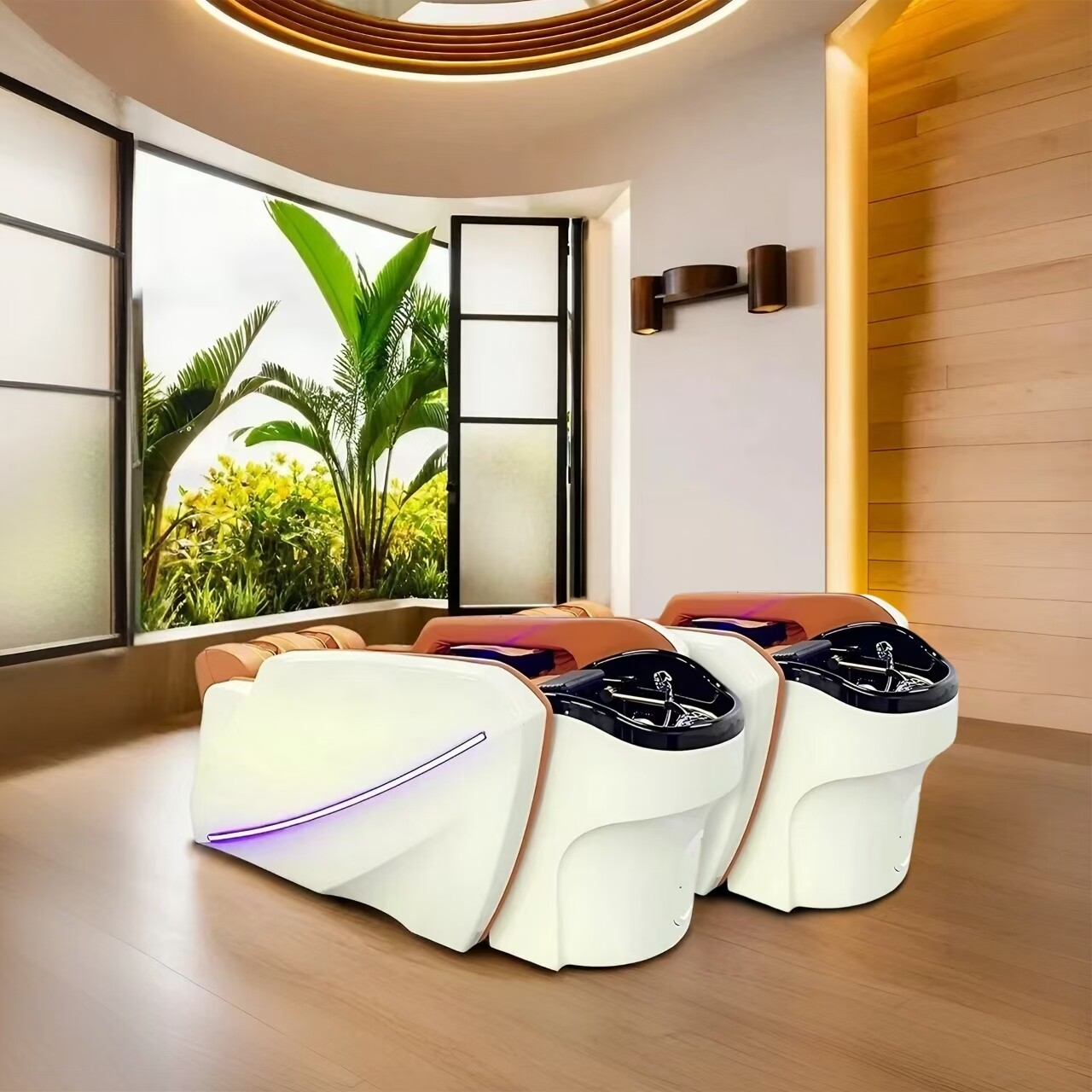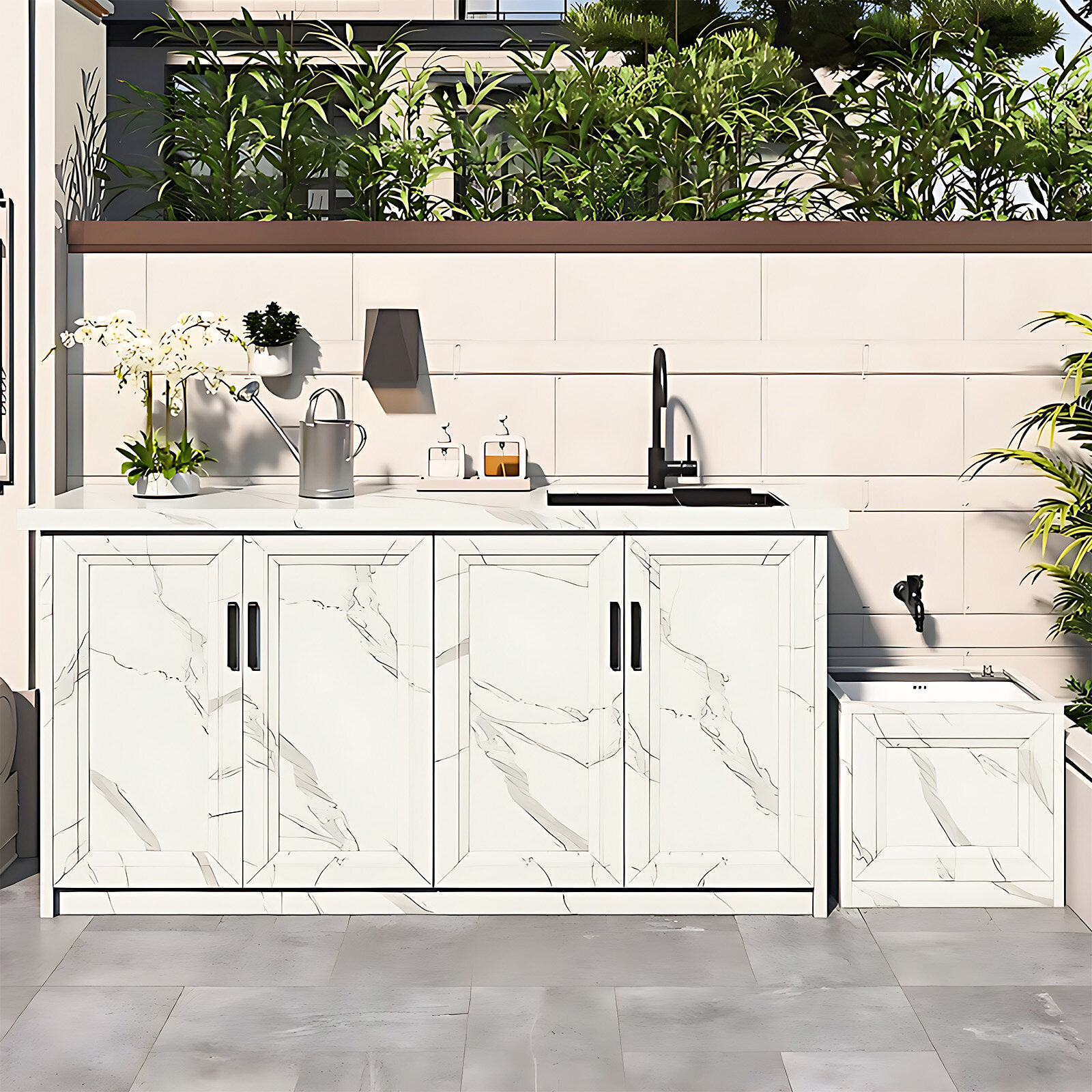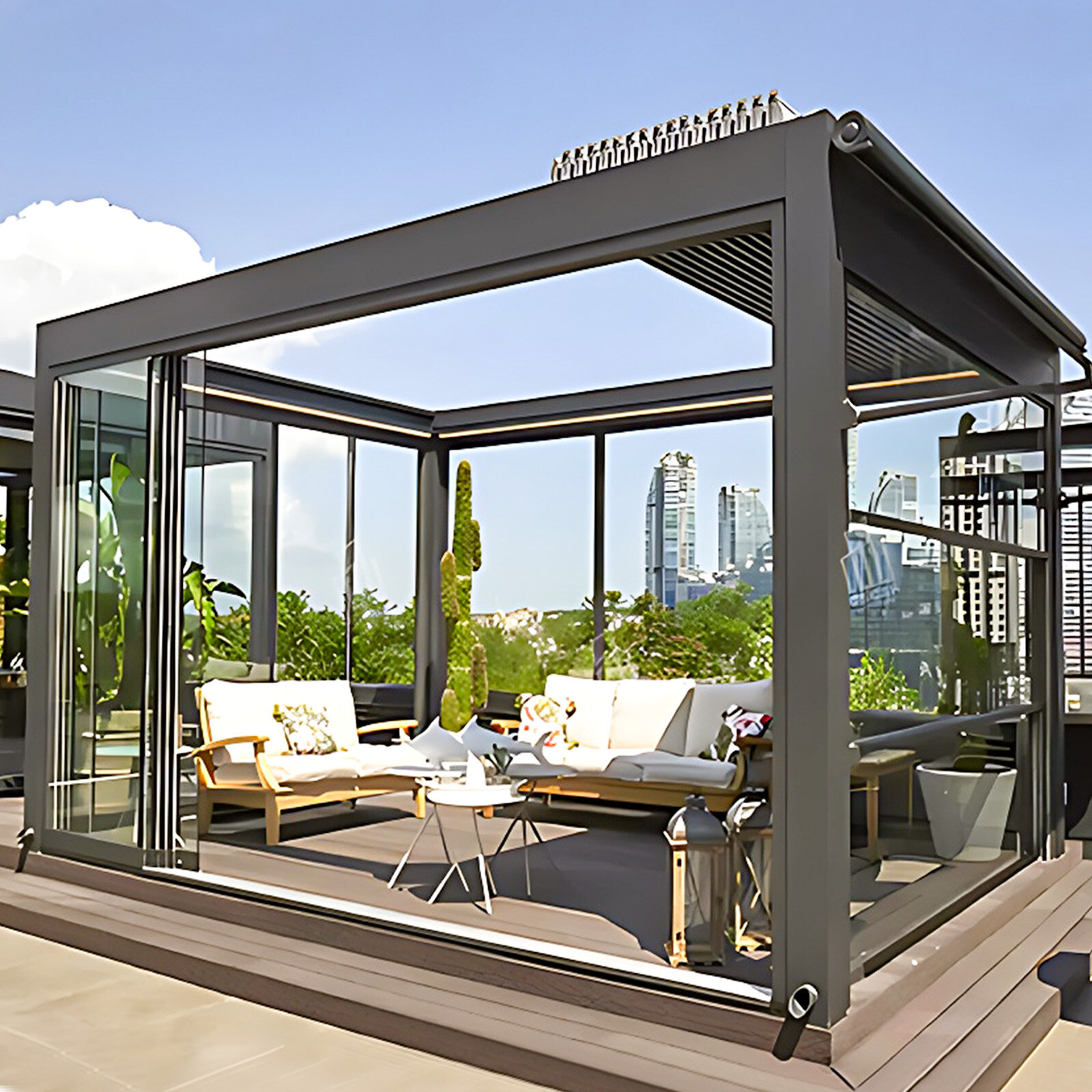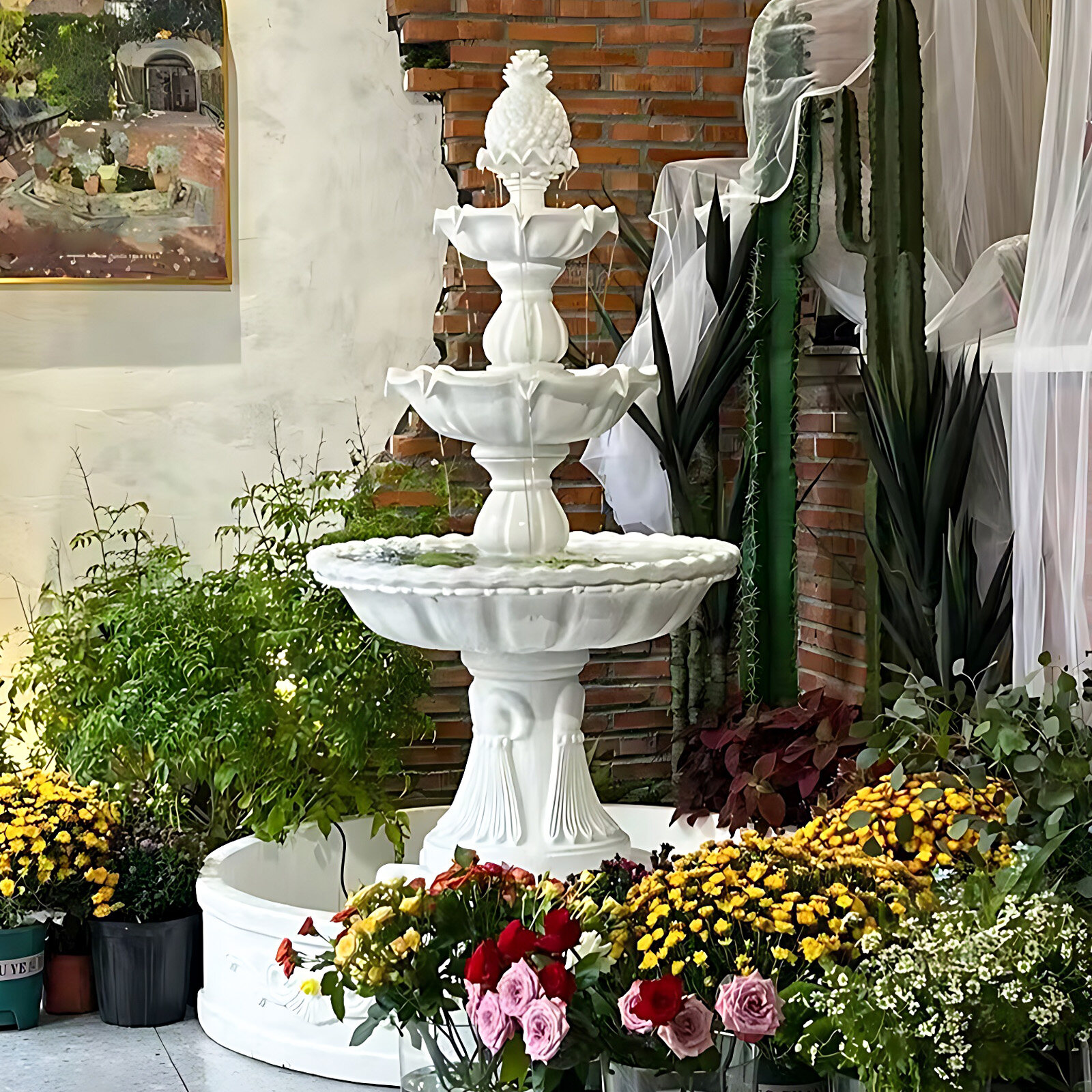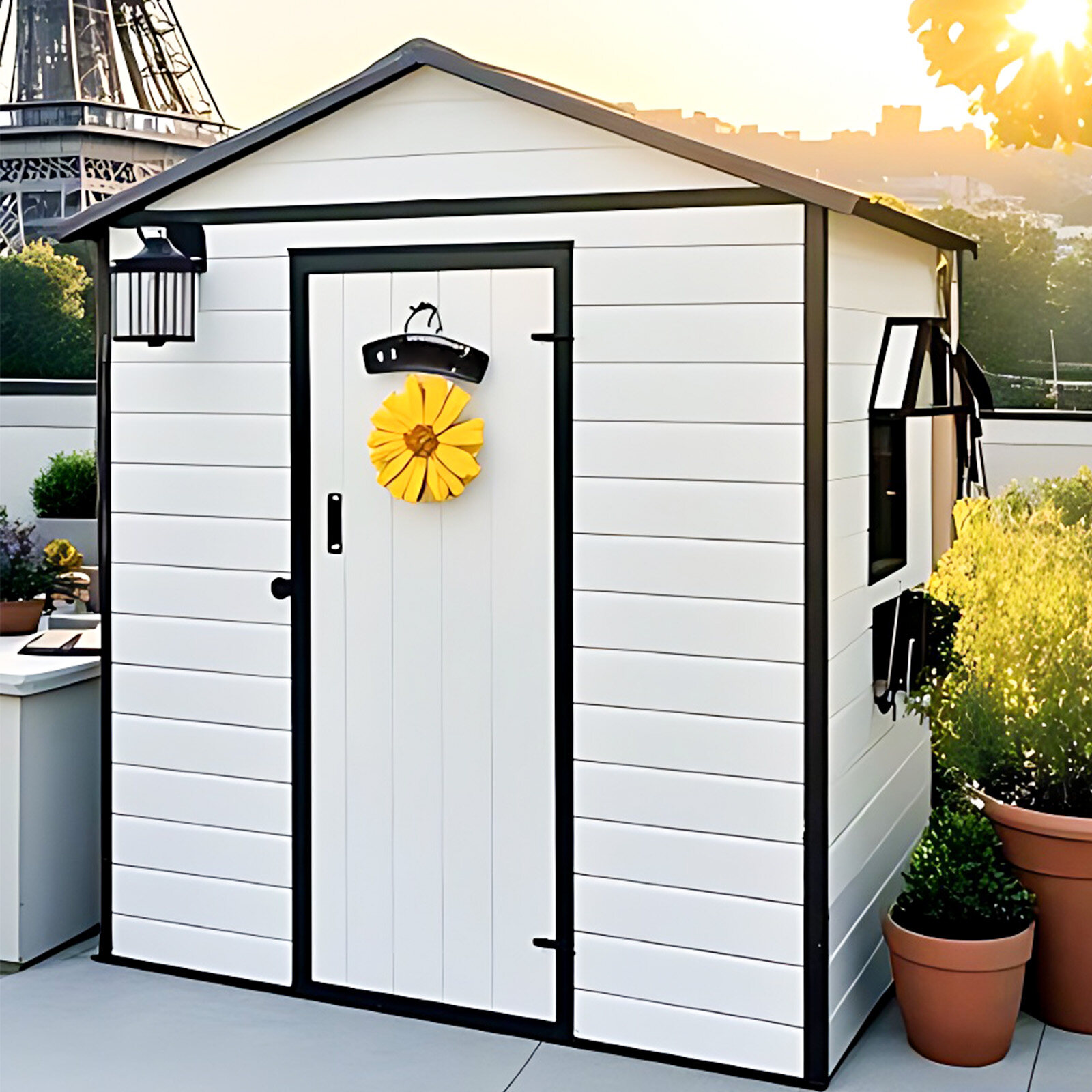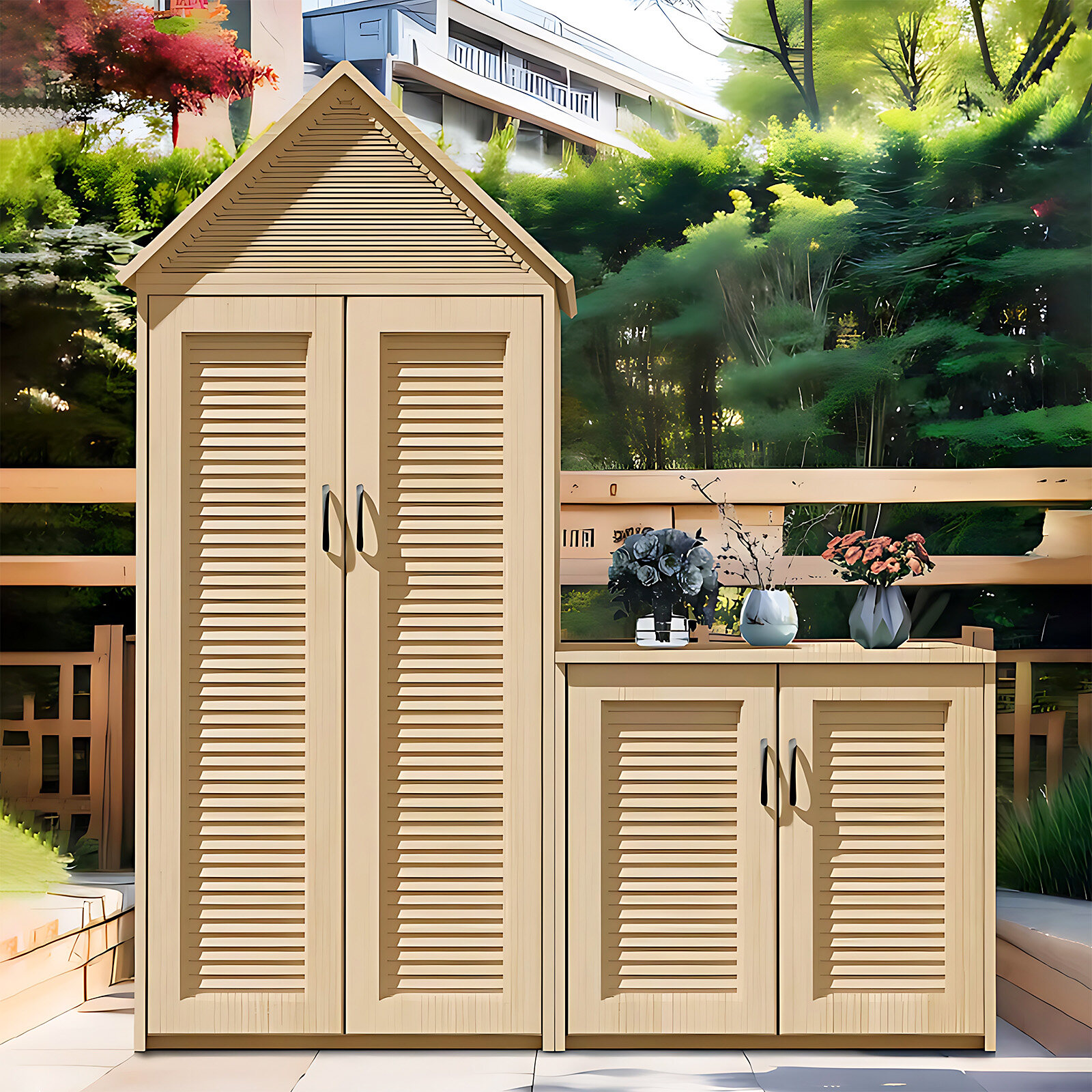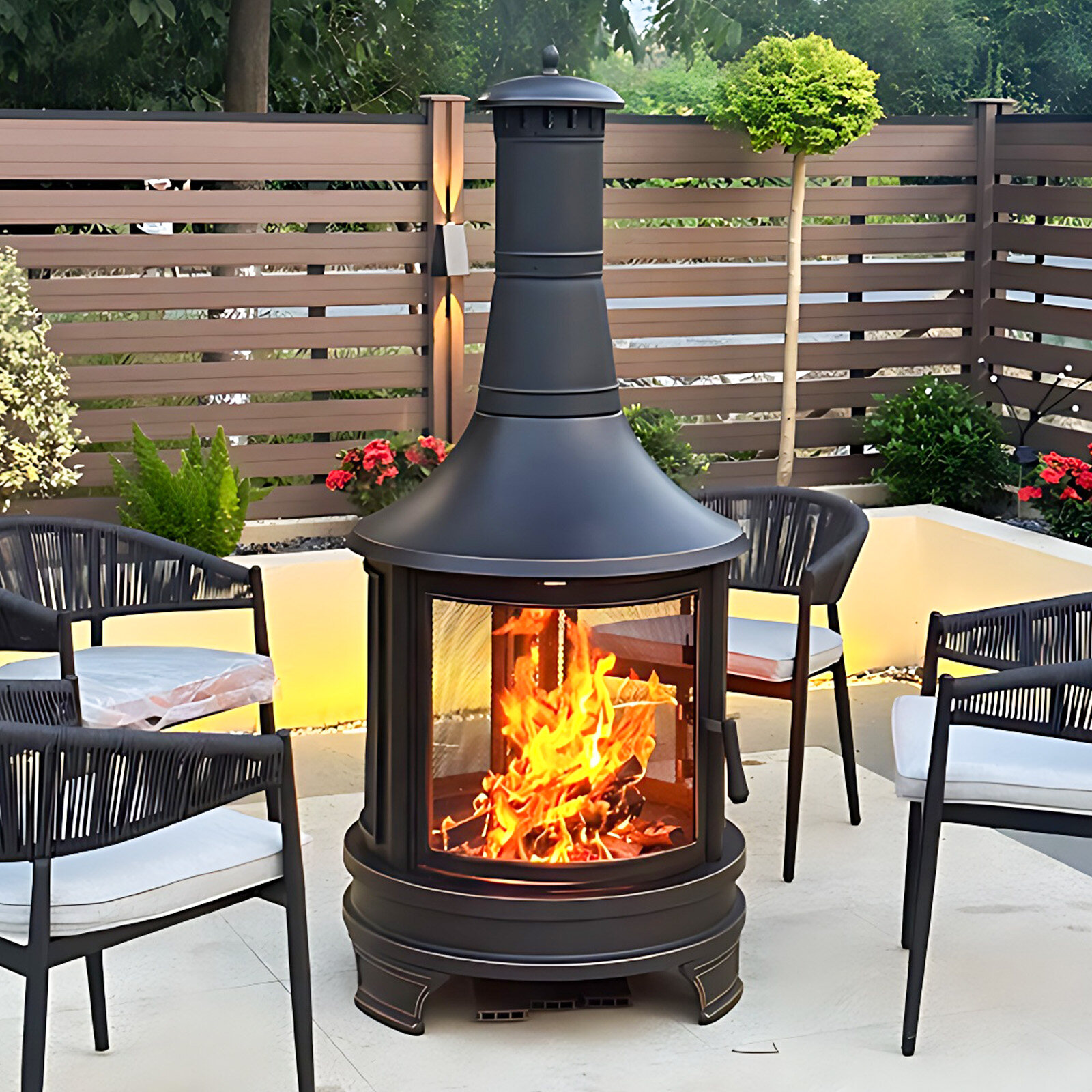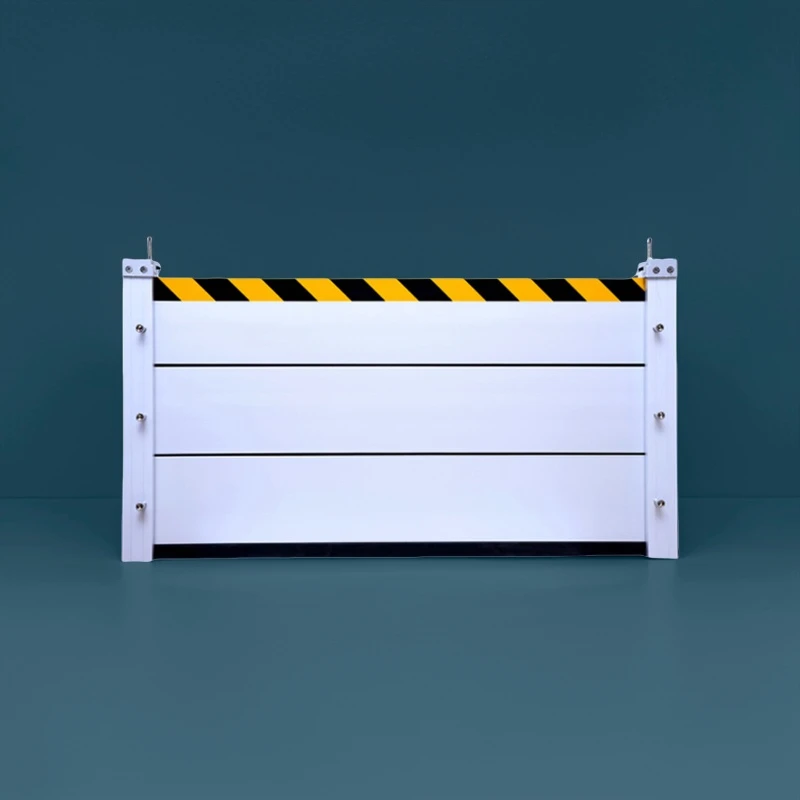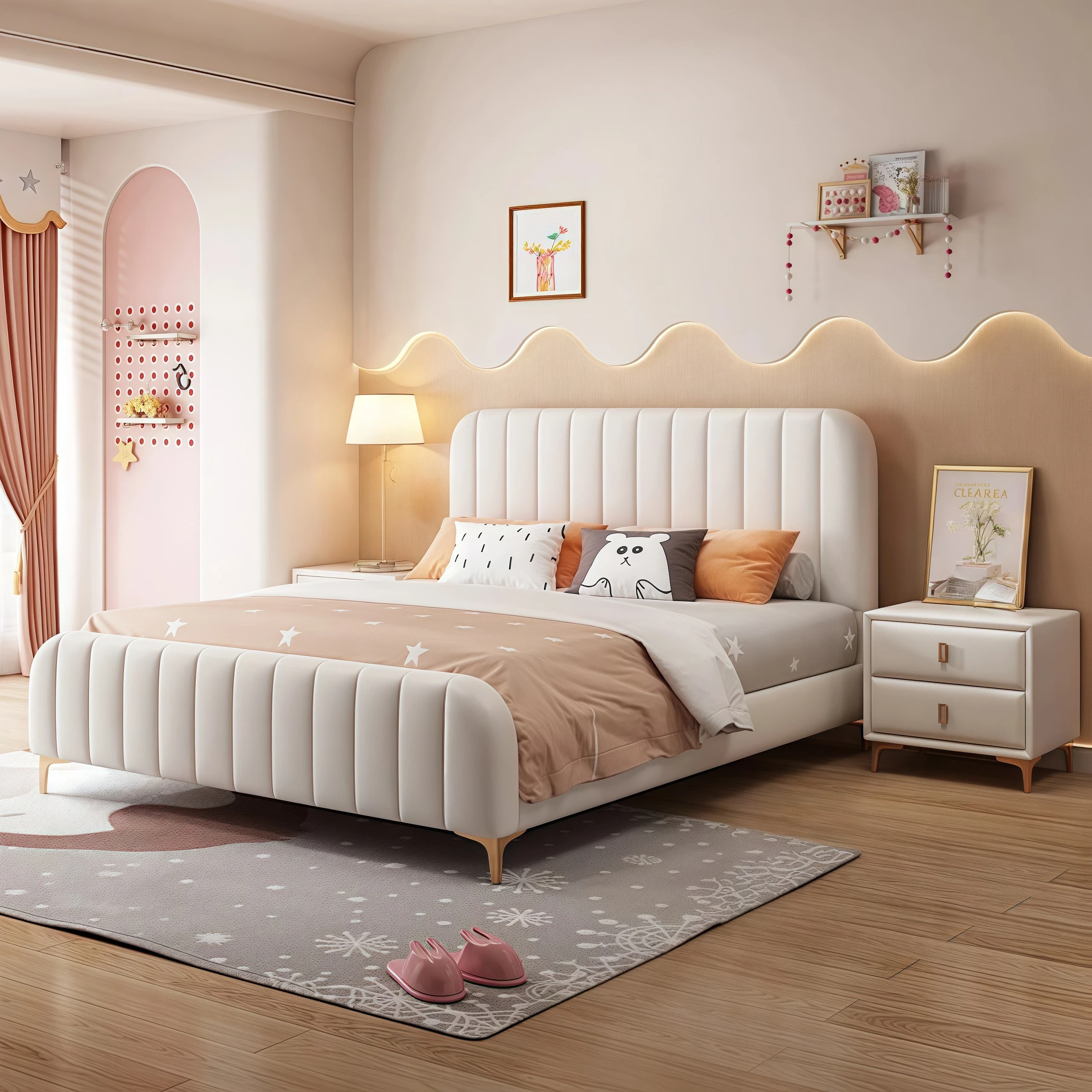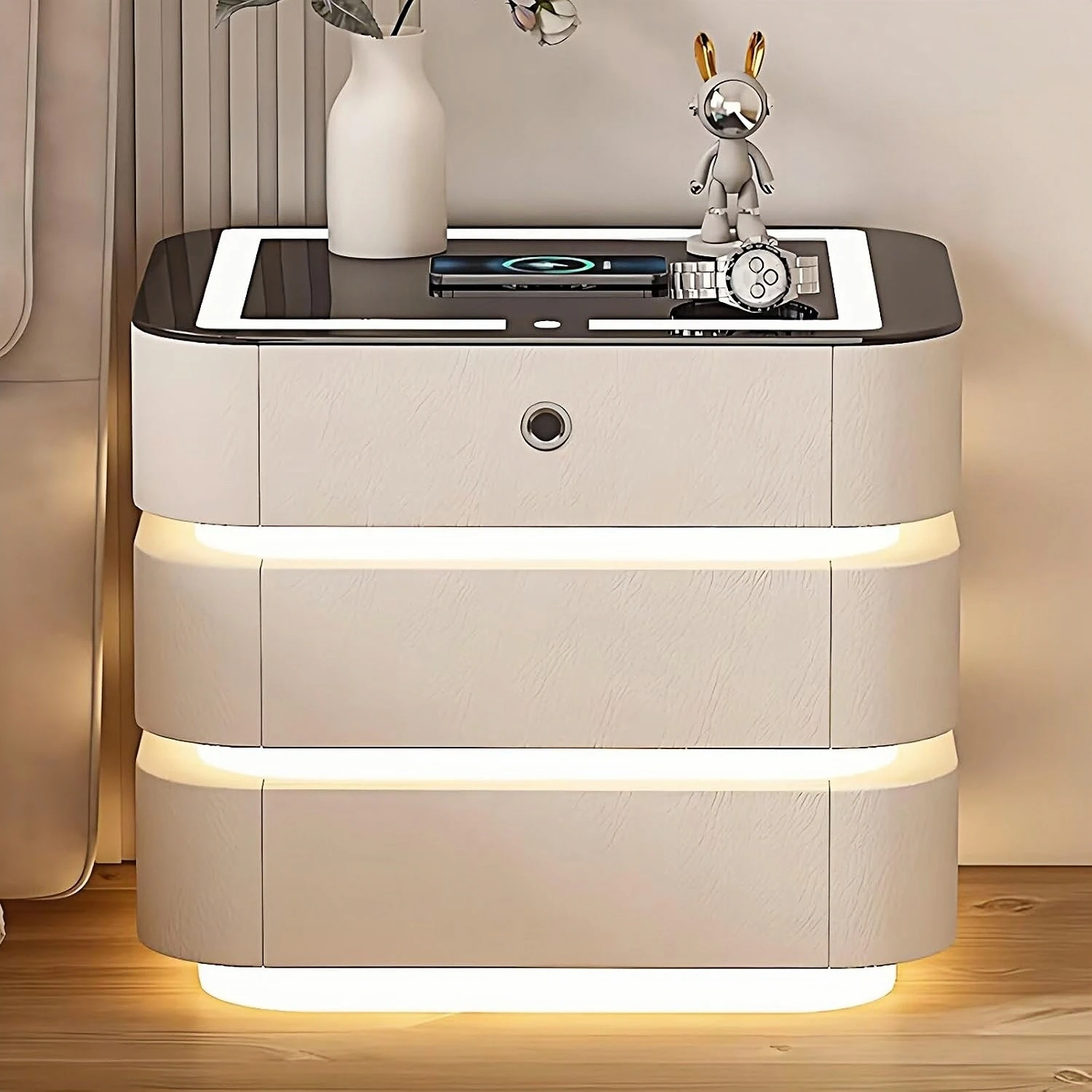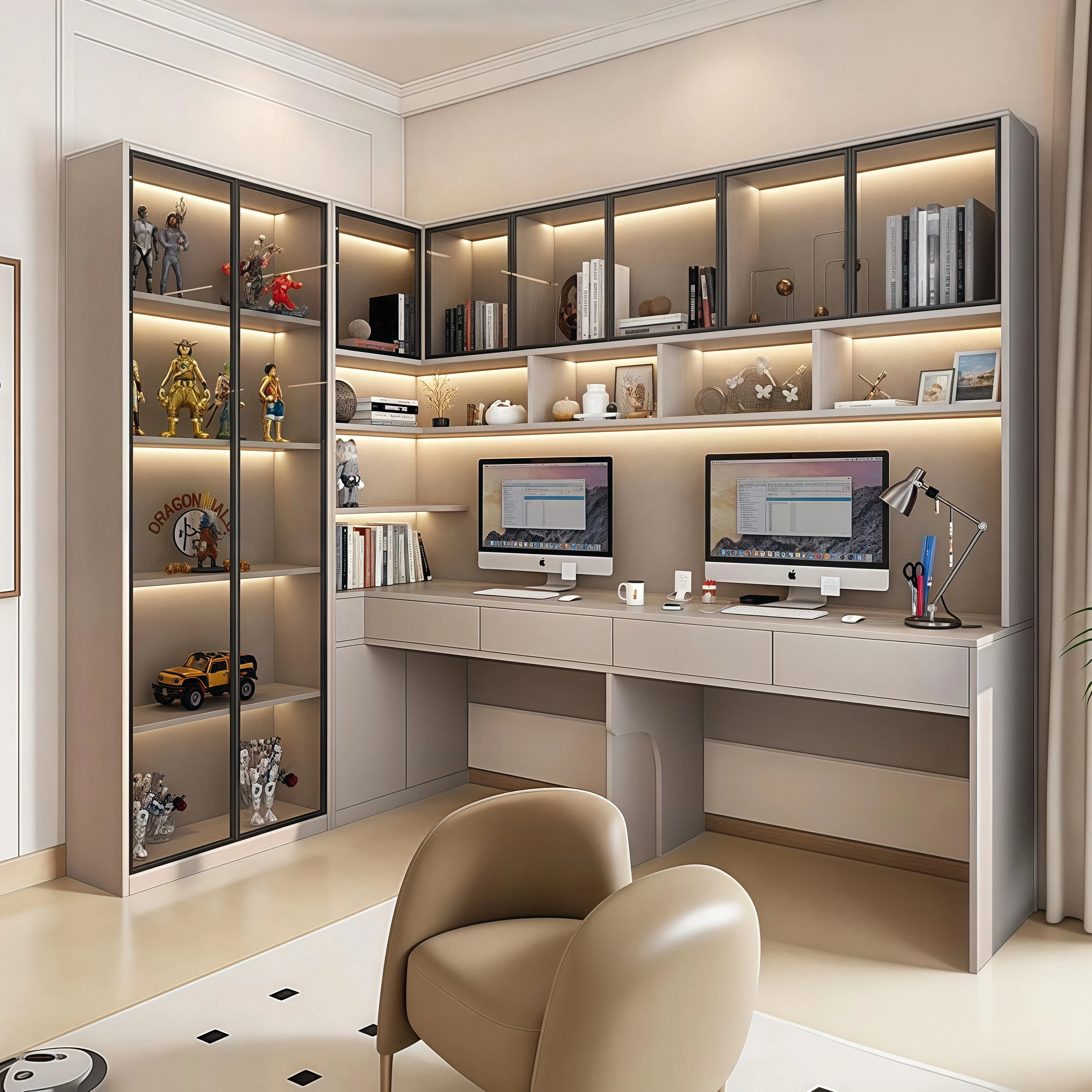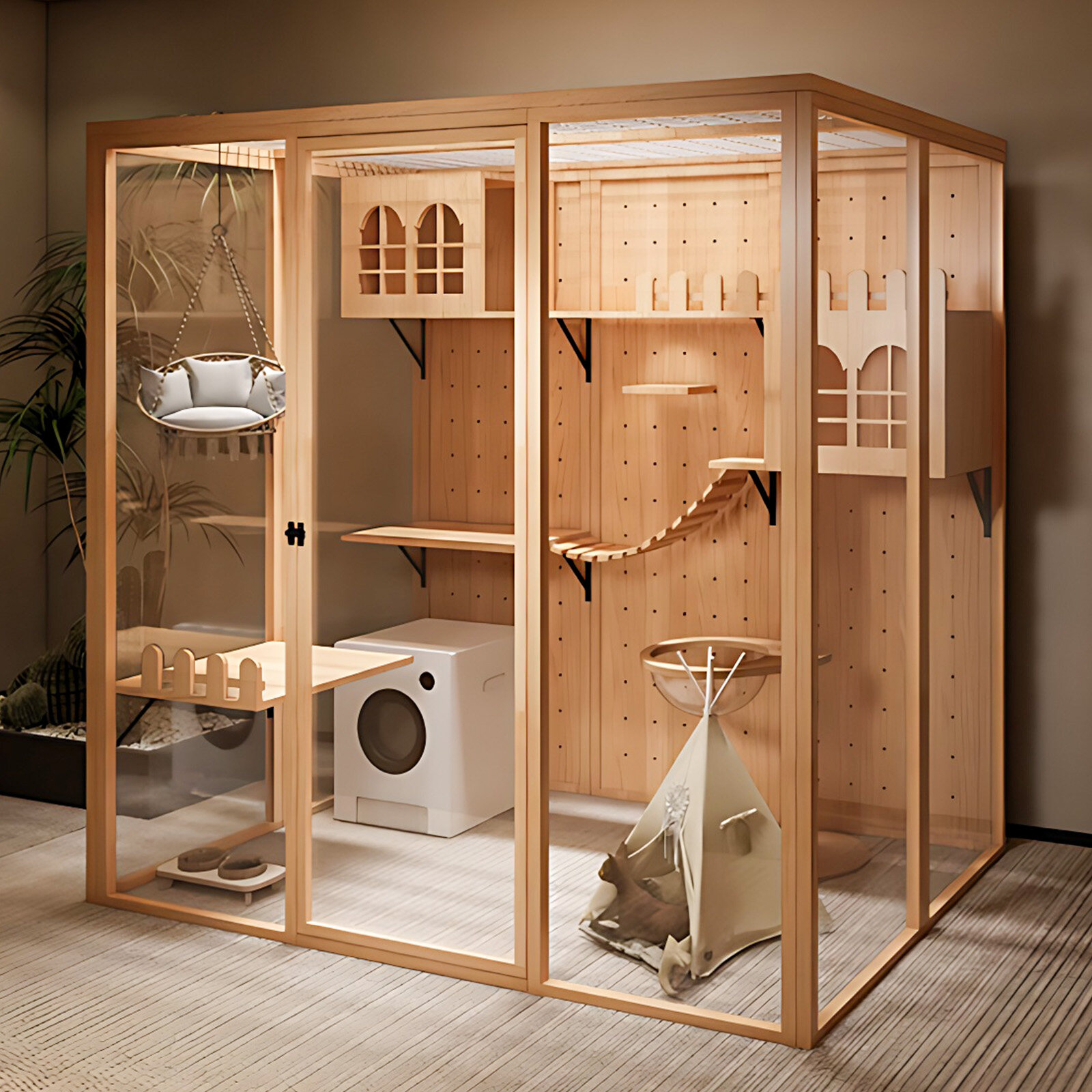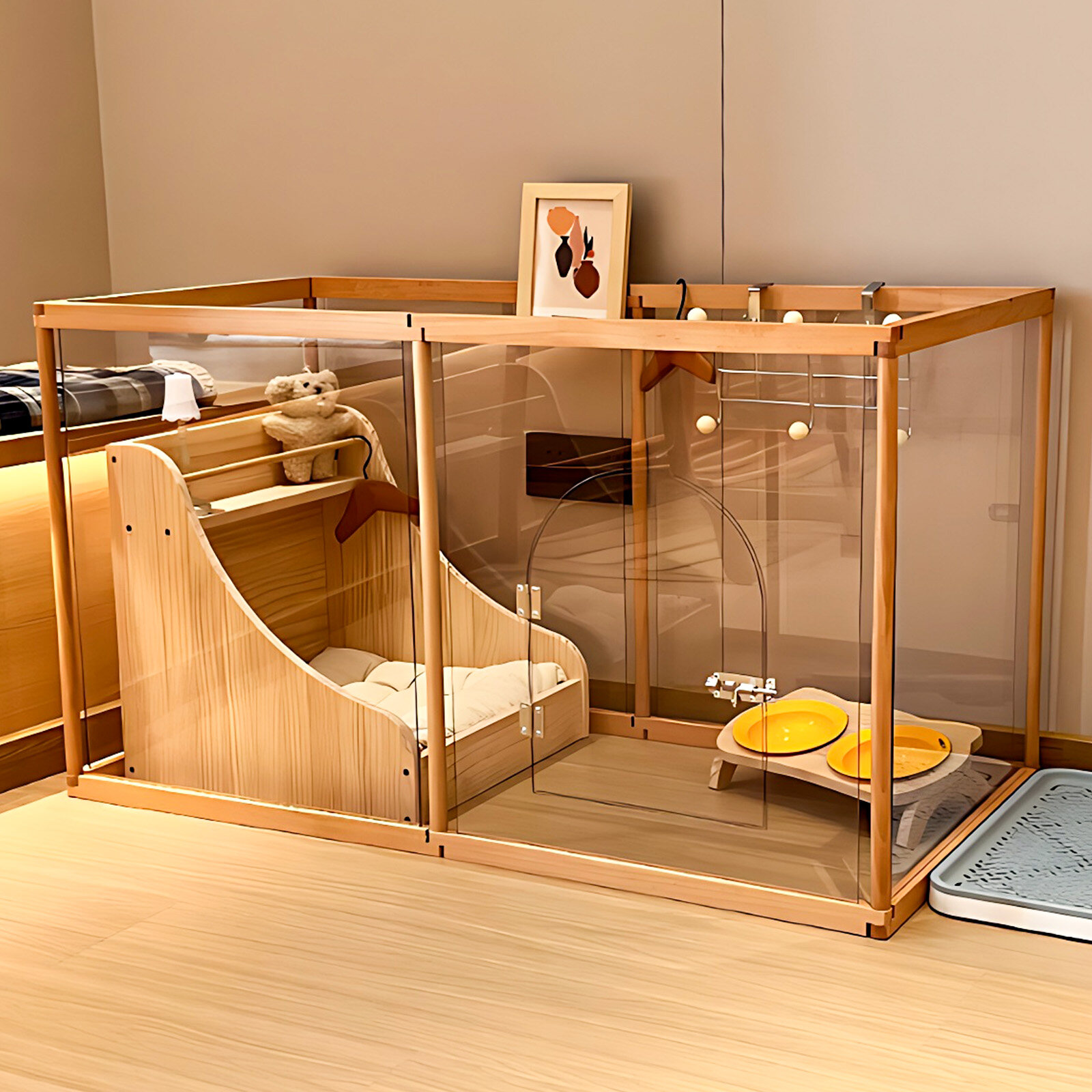1. Technical Introduction
Currently, my country's annual production of wood-based panels has reached 311.01 million cubic meters, of which 60% to 70% is used for building interior decoration and furniture manufacturing. However, the urea-formaldehyde resin adhesive primarily used in the production of wood-based panels releases large amounts of formaldehyde during use, which can be harmful to human health. Therefore, there is an urgent need for environmentally friendly wood-based panels that do not release free formaldehyde.
With support from the Ministry of Science and Technology's "13th Five-Year Plan" key R&D program, including the "Value-Added Processing Technology for Wood-Based Materials and Products," the Wood Industry Research Institute of the Chinese Academy of Forestry, led by Chief Expert Yu Wenji, has successfully developed a multi-component, formaldehyde-free, water-resistant adhesive and ultra-thick veneer peeling and stress-degradation technology after years of research and testing. This technology has now matured after multiple pilot and production trials and has been transferred to external parties. This technology utilizes ultra-thick veneer (6-10mm) peeling and stress-degradation technology to produce panels that fully meet the US CARB standard system certification. It also reduces the amount of glue applied by approximately 30%, significantly improving production efficiency. This new green and environmentally friendly decorative material offers lower formaldehyde emissions than traditional plywood, superior bonding properties, and a stronger sense of solid wood.
2. Technical Features: This technology uses fast-growing wood as raw material and primarily utilizes four technologies: ultra-thick veneer peeling, ultra-thick veneer stress degradation, formaldehyde-free adhesive application, and thick-core solid wood composite panel structural design. This technology reduces hot pressing energy consumption, sawpath loss, and adhesive application during production, while also increasing wood utilization. It is suitable for interior decoration, flooring, furniture, and other fields. The ultra-thick veneer peeling and stress degradation technologies and equipment enable peeled veneers to be 6-10mm thick. The degraded veneer surface is flat and warp-free, reducing drying energy consumption. The formaldehyde-free adhesive application technology utilizes a spray sizing machine, reducing the formaldehyde-free adhesive application to 10-80g/㎡, significantly reducing adhesive costs.
3. Market Prospects: The performance indicators of boards produced using this technology meet or exceed those of modified urea-formaldehyde adhesives, and the process is relatively simple, with the hot pressing process being easy to master. Furthermore, this technology not only features high raw material utilization, high production efficiency, and energy conservation, but also has the advantages of clean production, no formaldehyde release, and strong water resistance. It can be widely used in interior decoration, wall panels, ceilings, decorative panels, furniture, and other fields, and has broad market prospects. 4. Cooperation Methods and Contact Information
Cooperation mode: technology transfer, technology development, technical services
Contact: Zhang Yahui
Phone/WeChat: 13488771534
Email: [email protected]

 USD
USD
 GBP
GBP
 EUR
EUR
